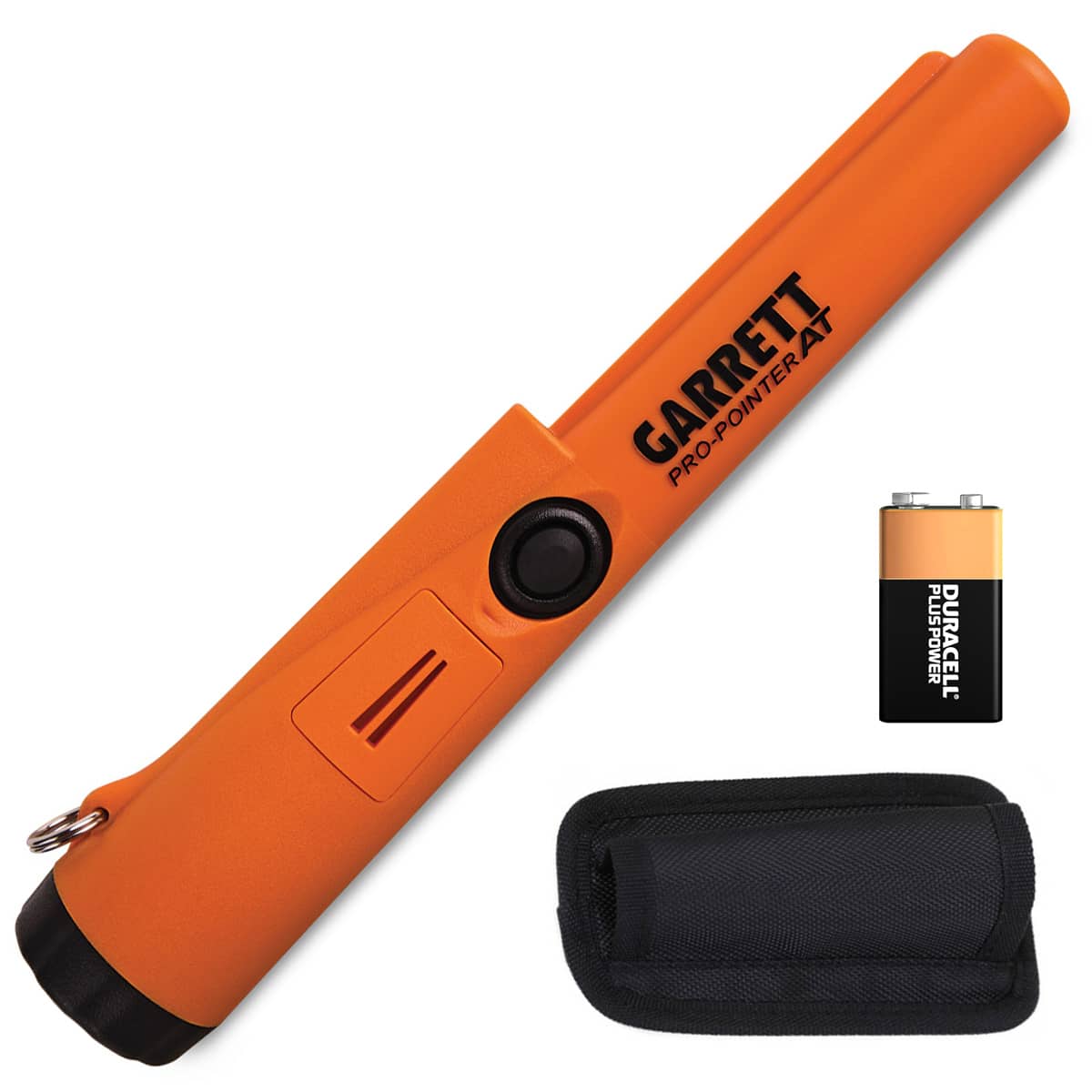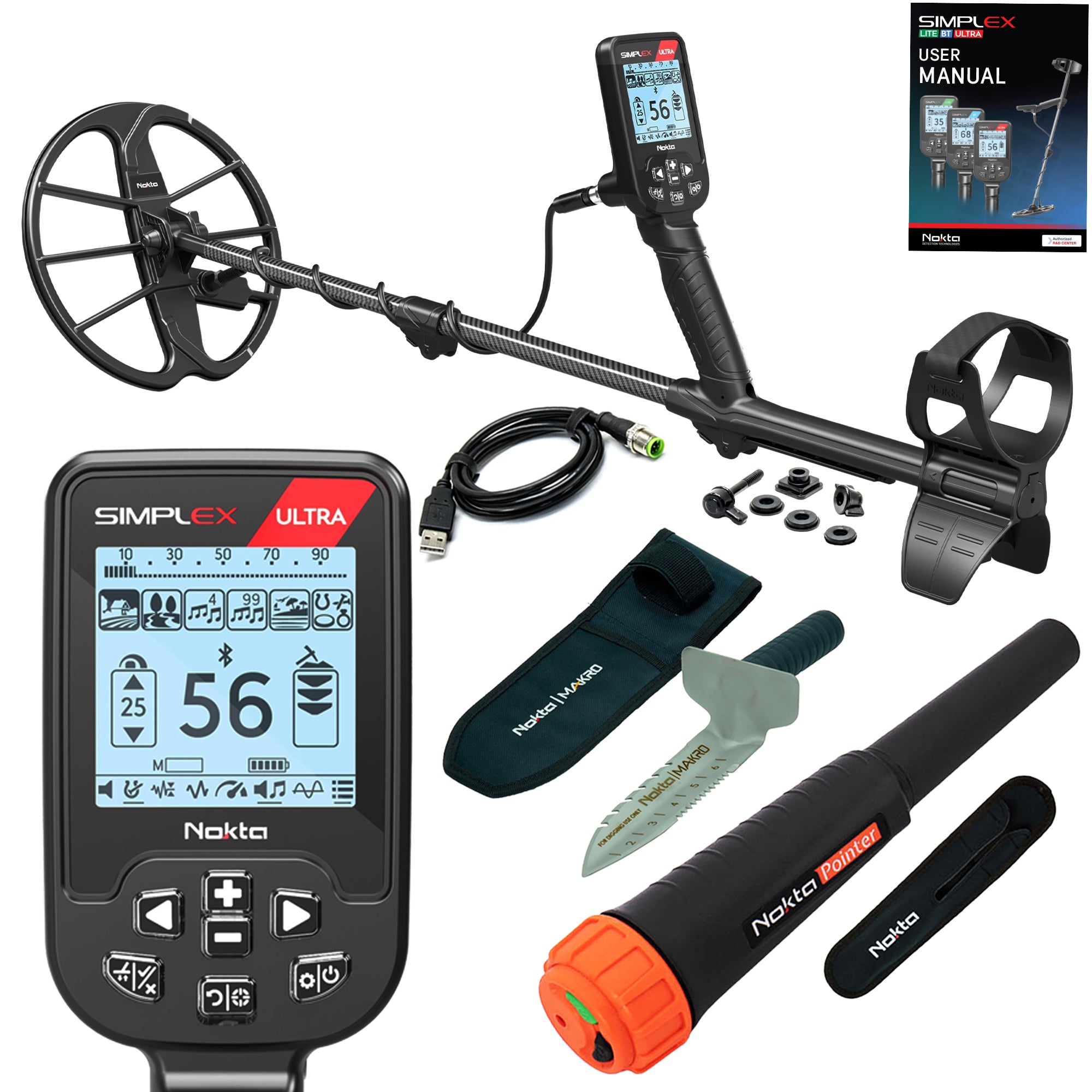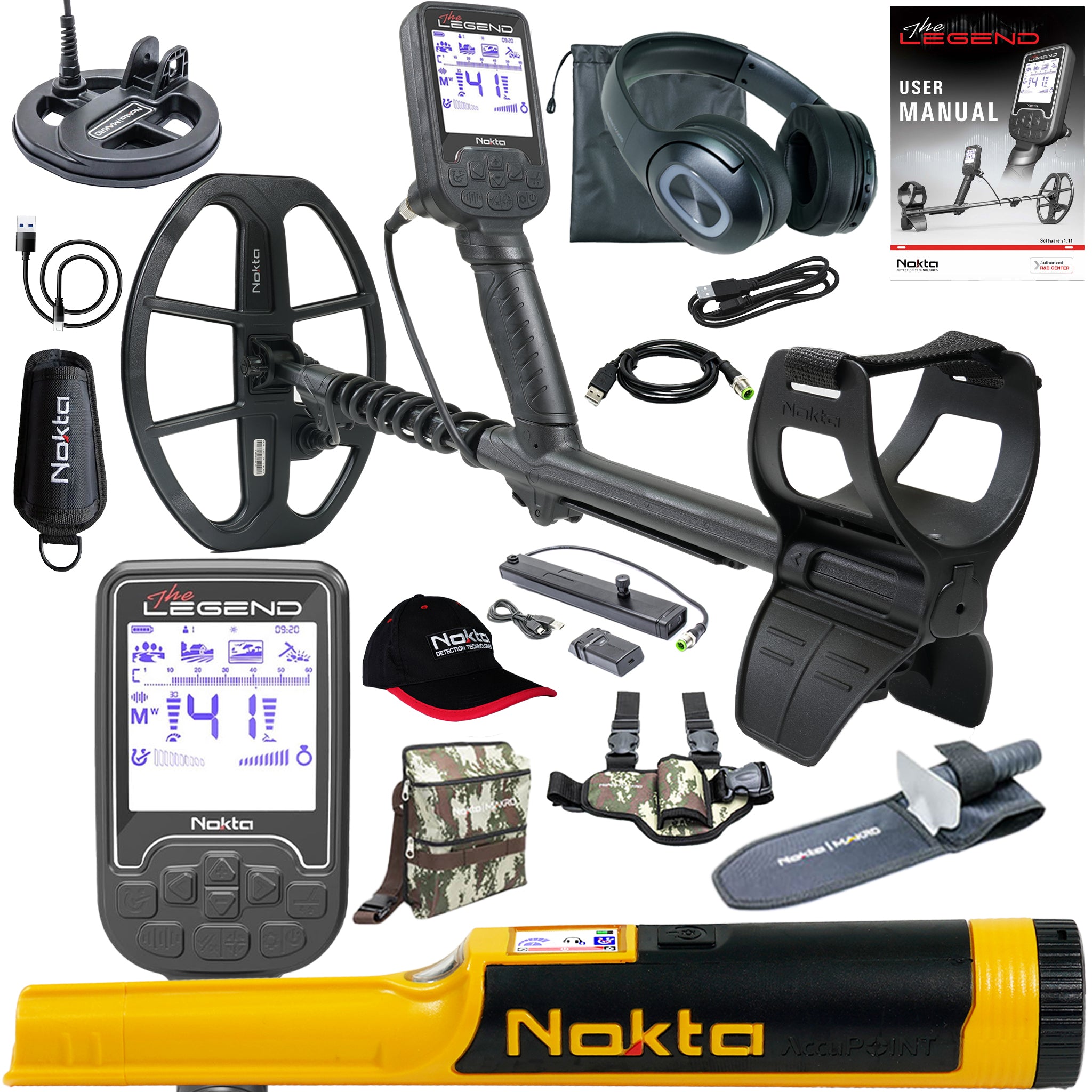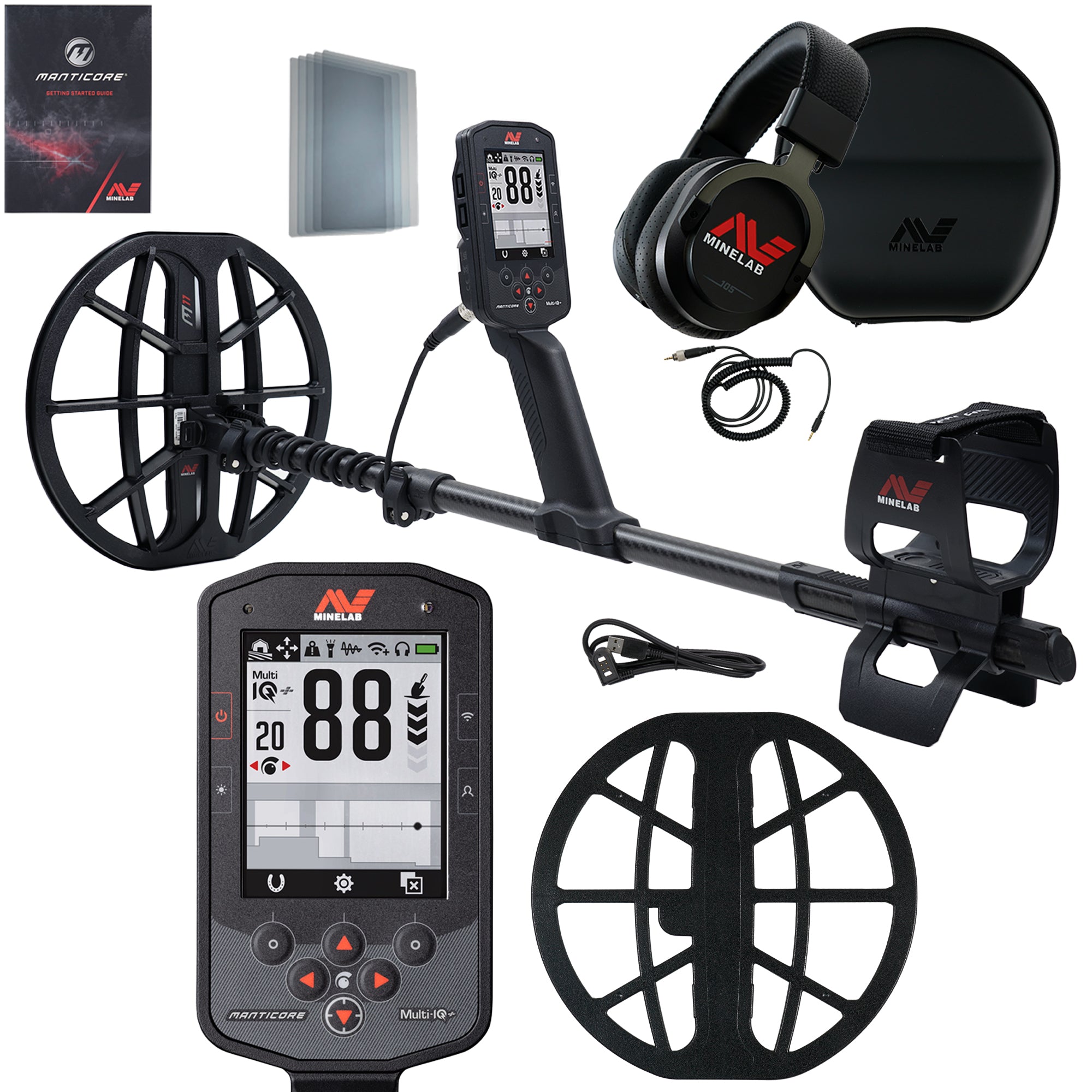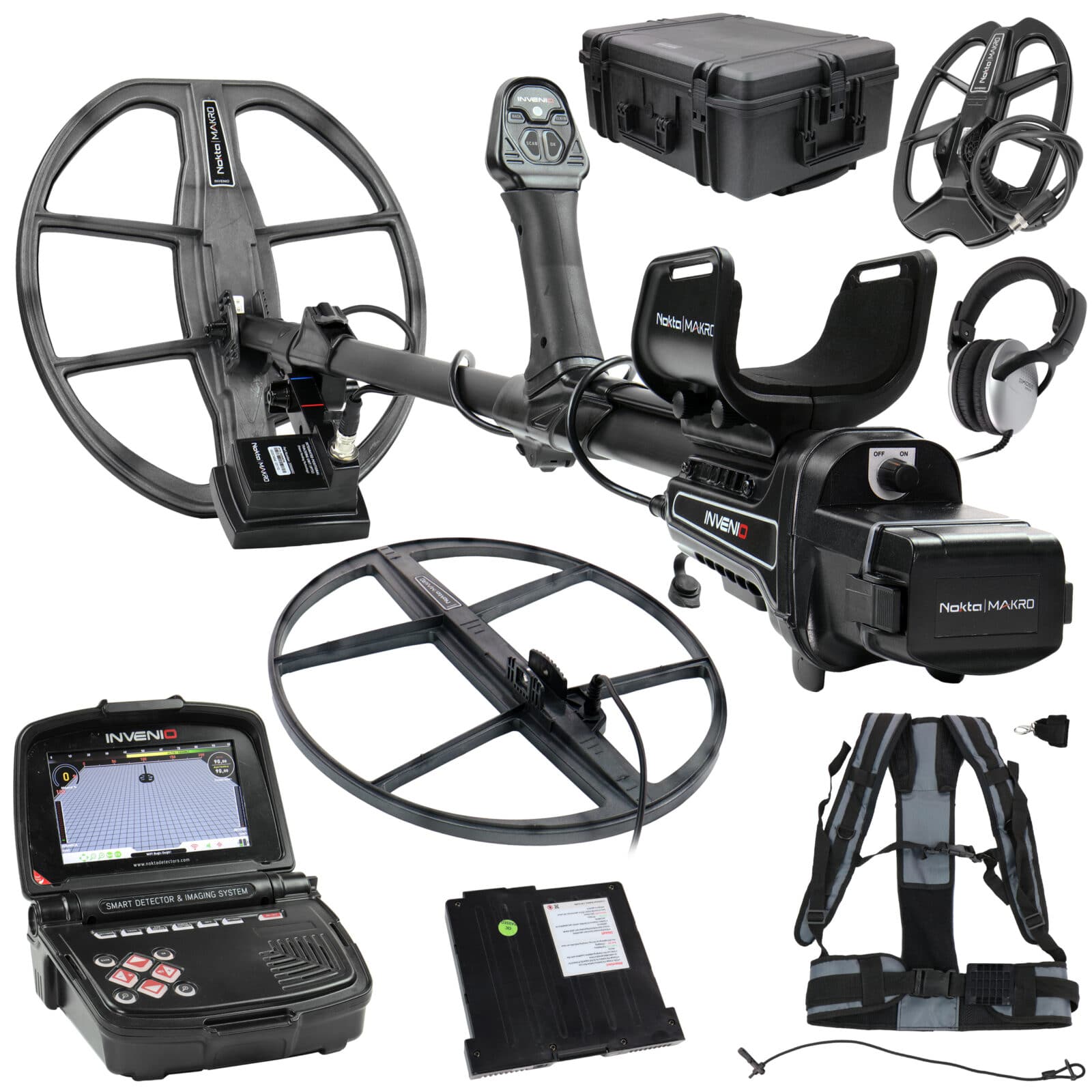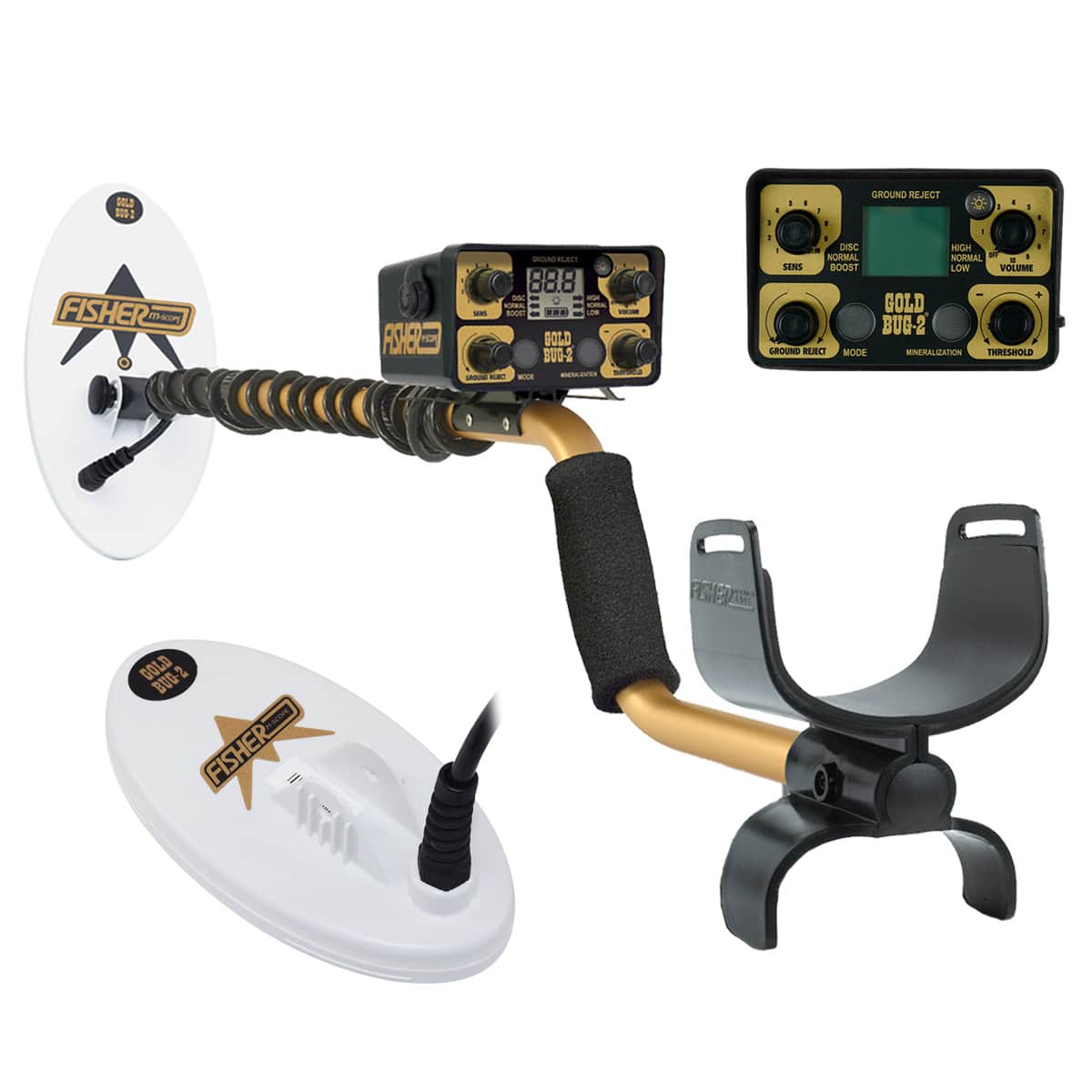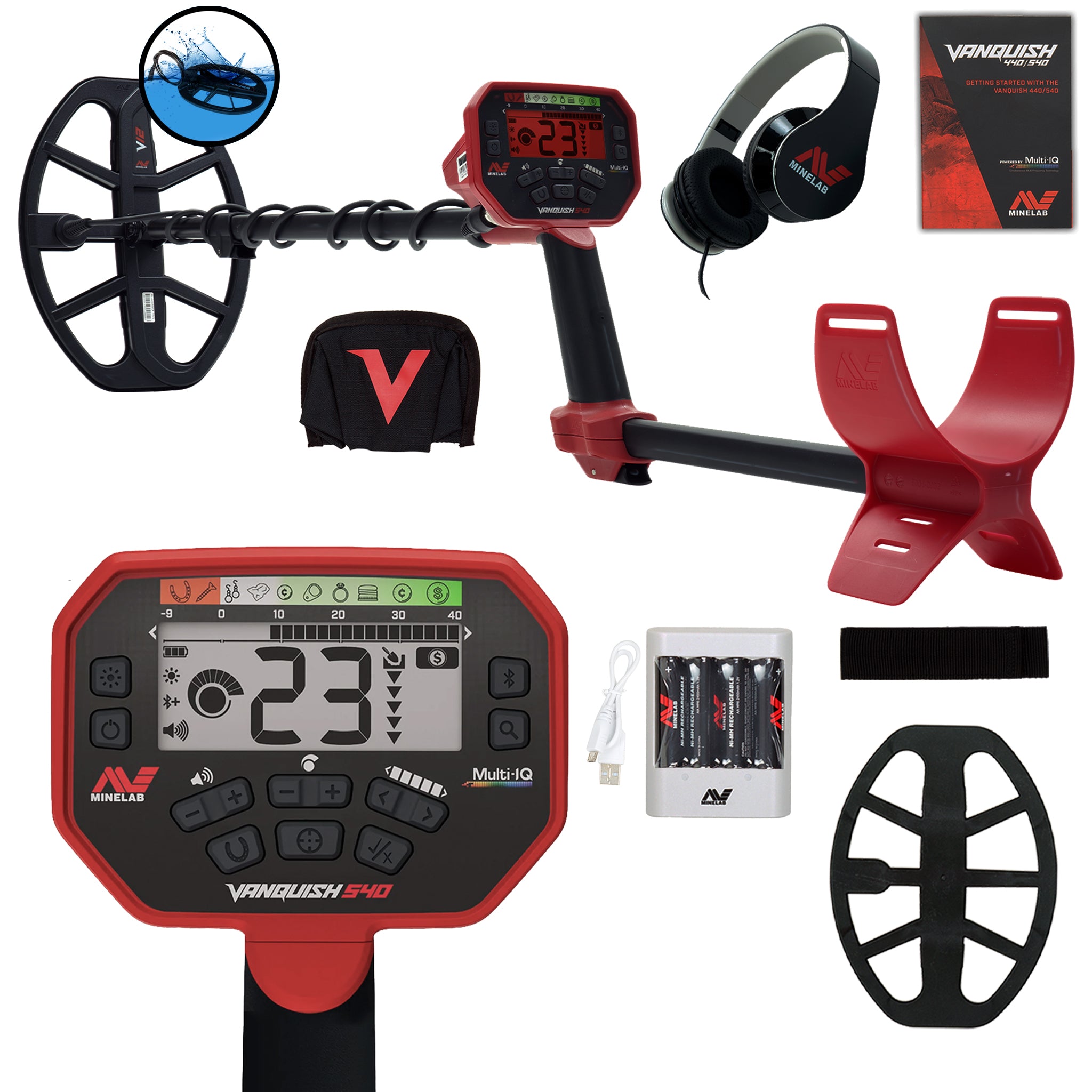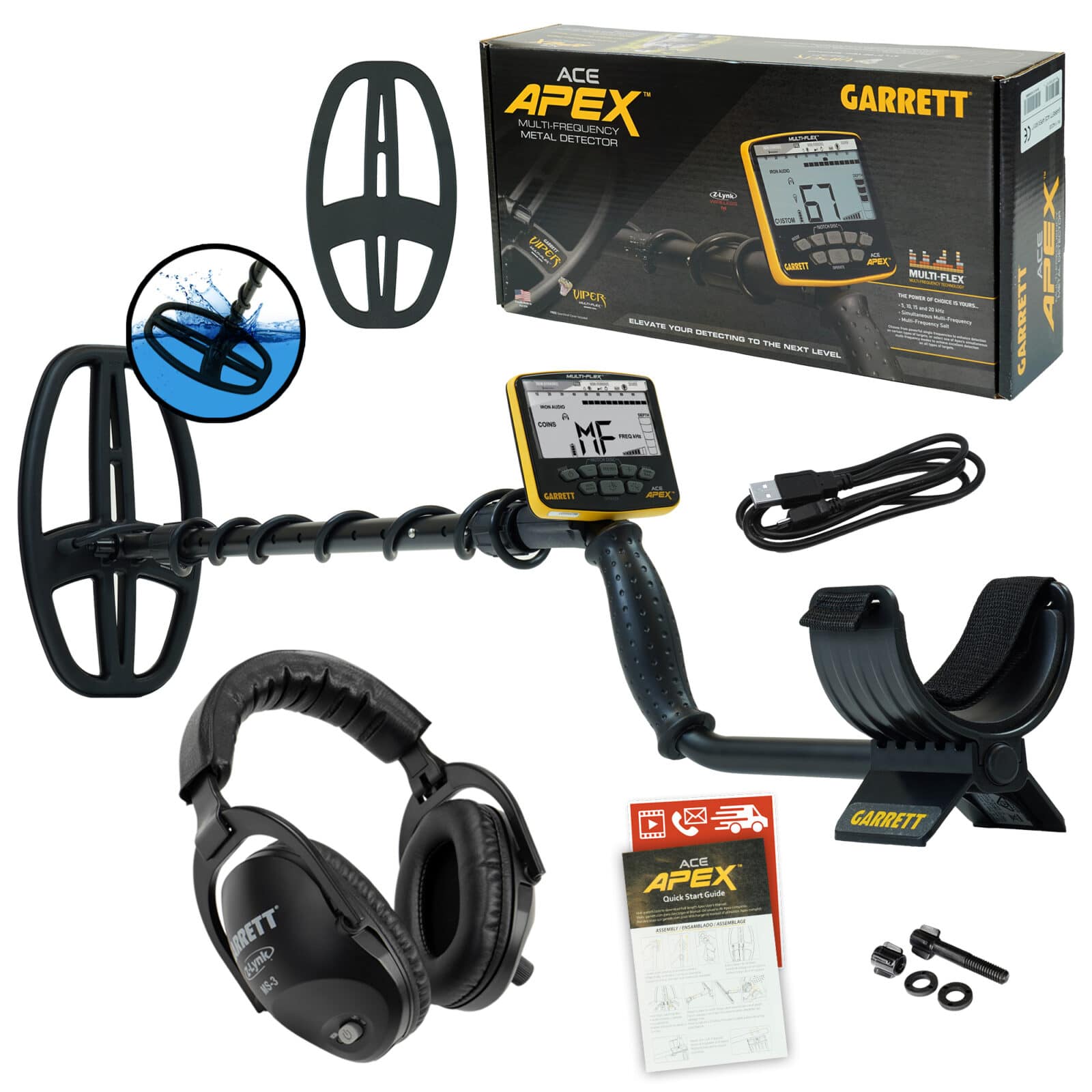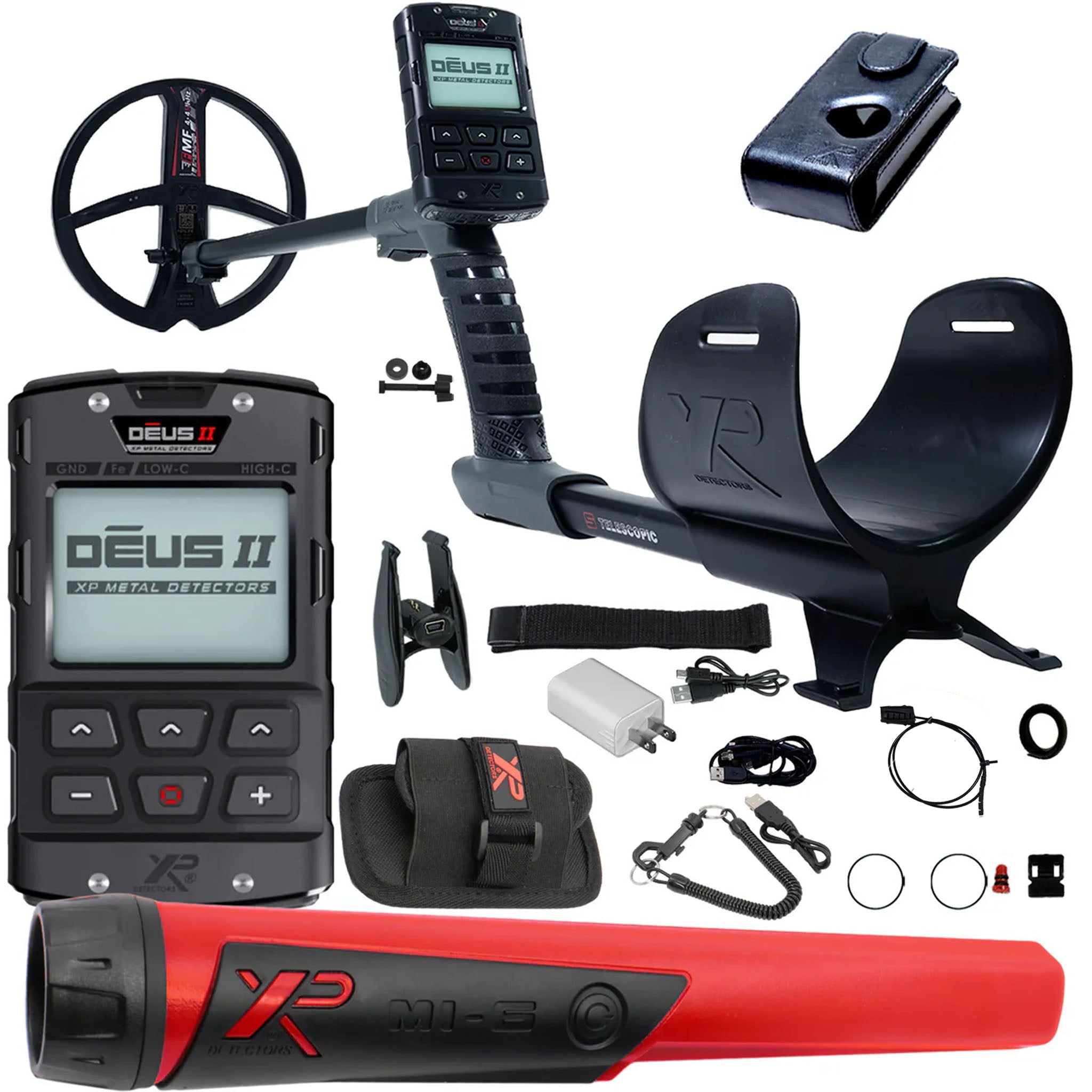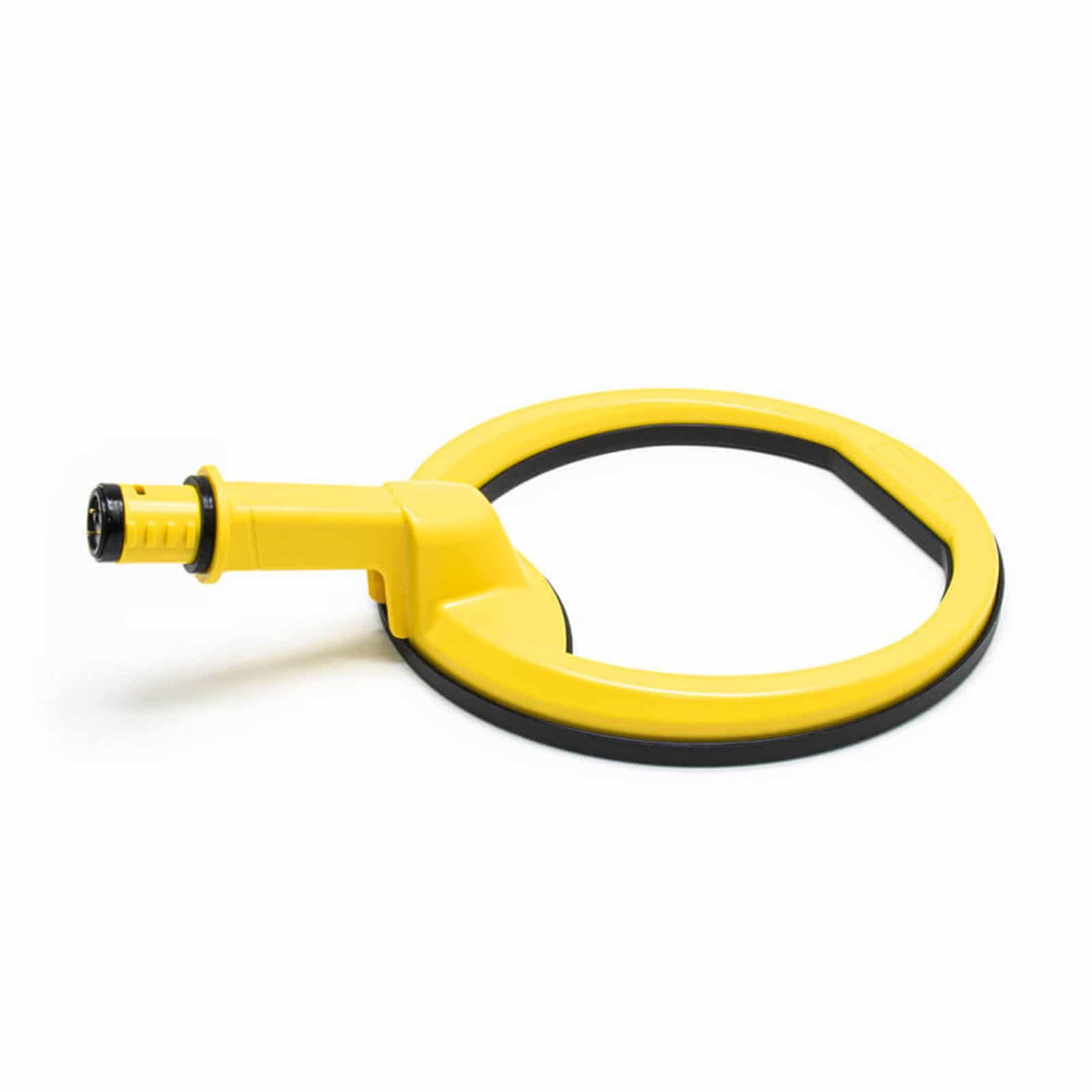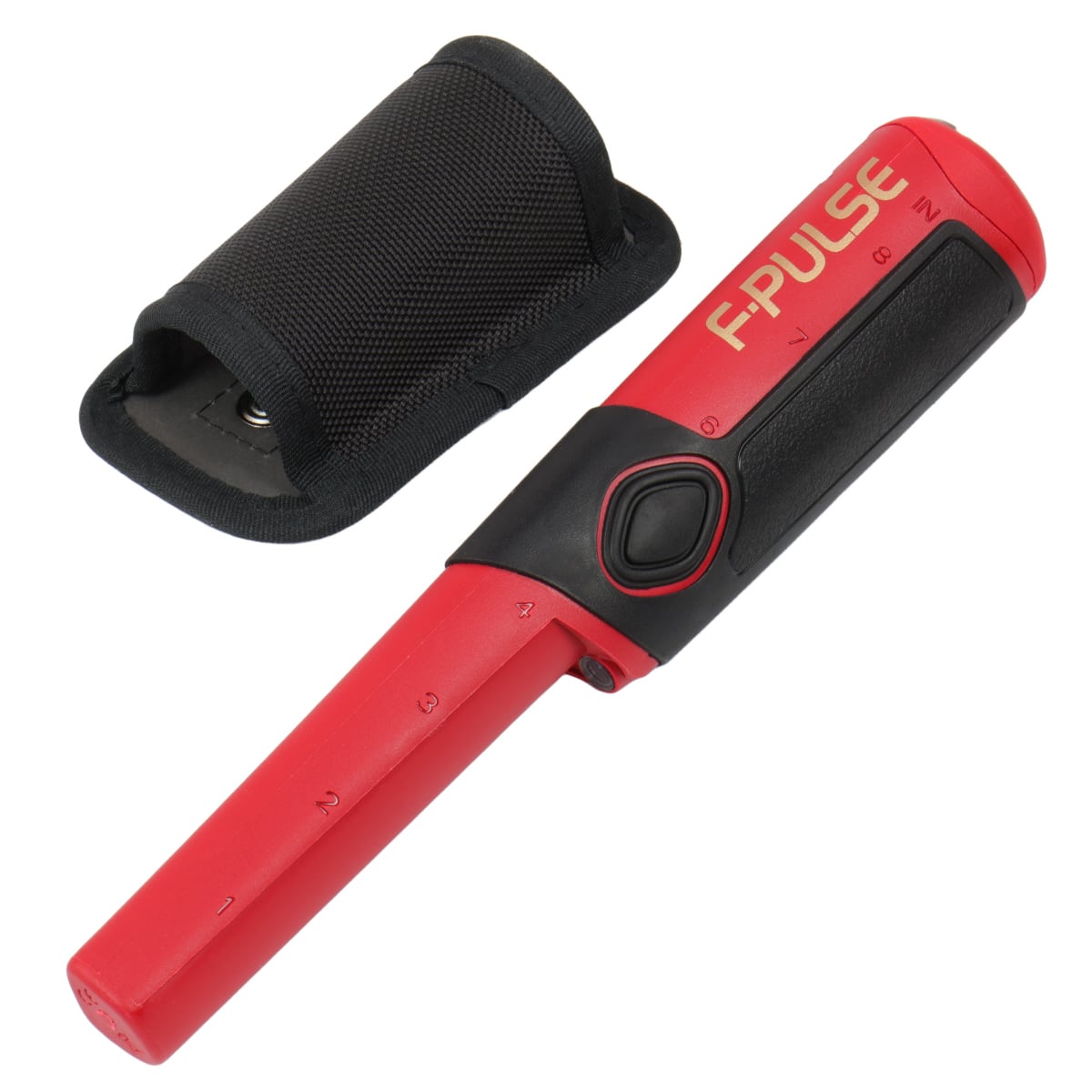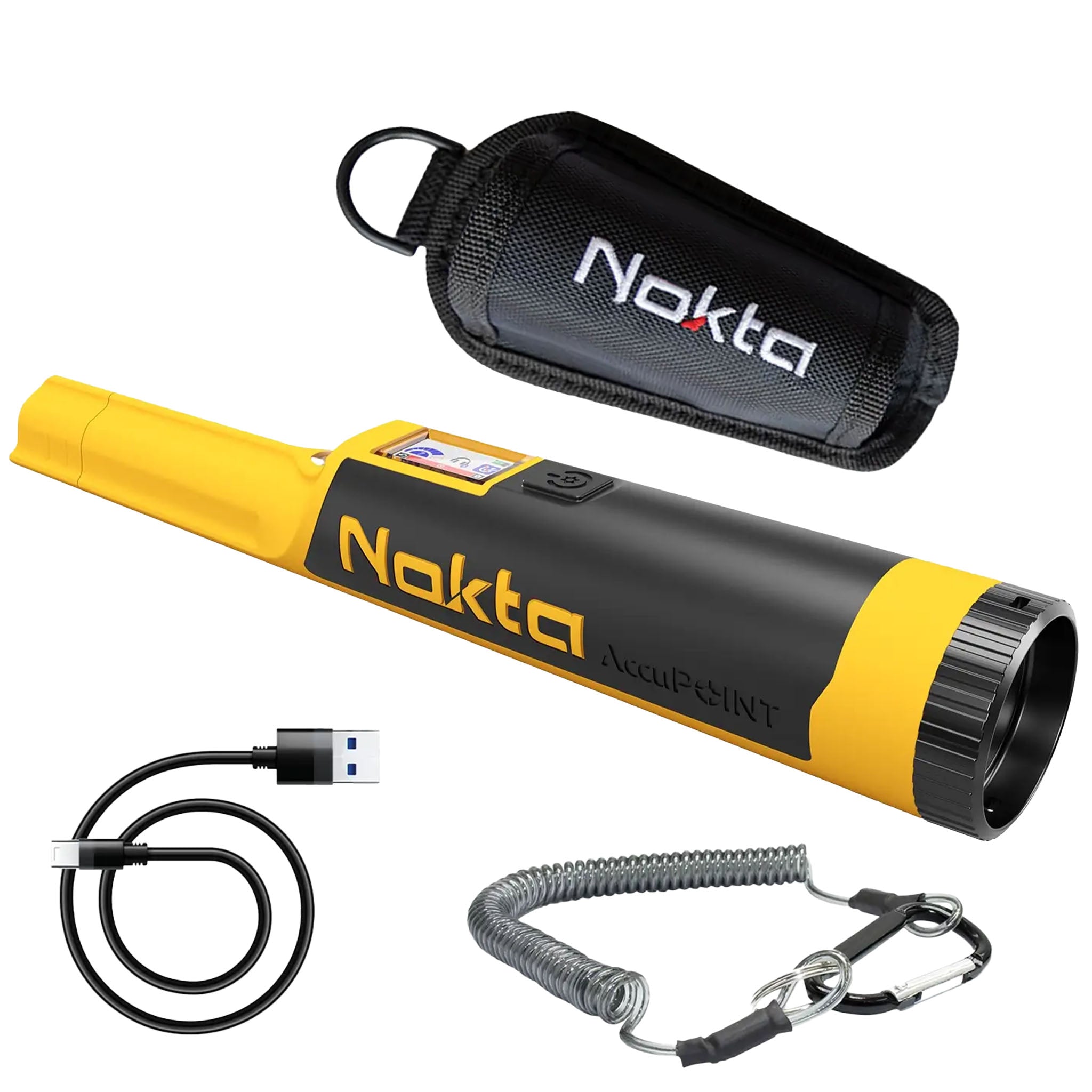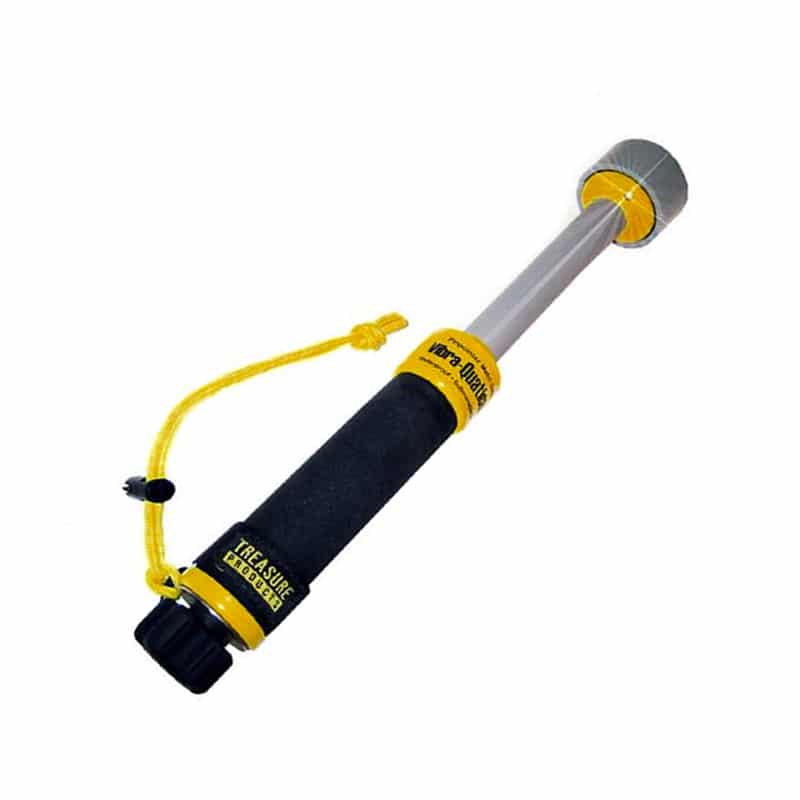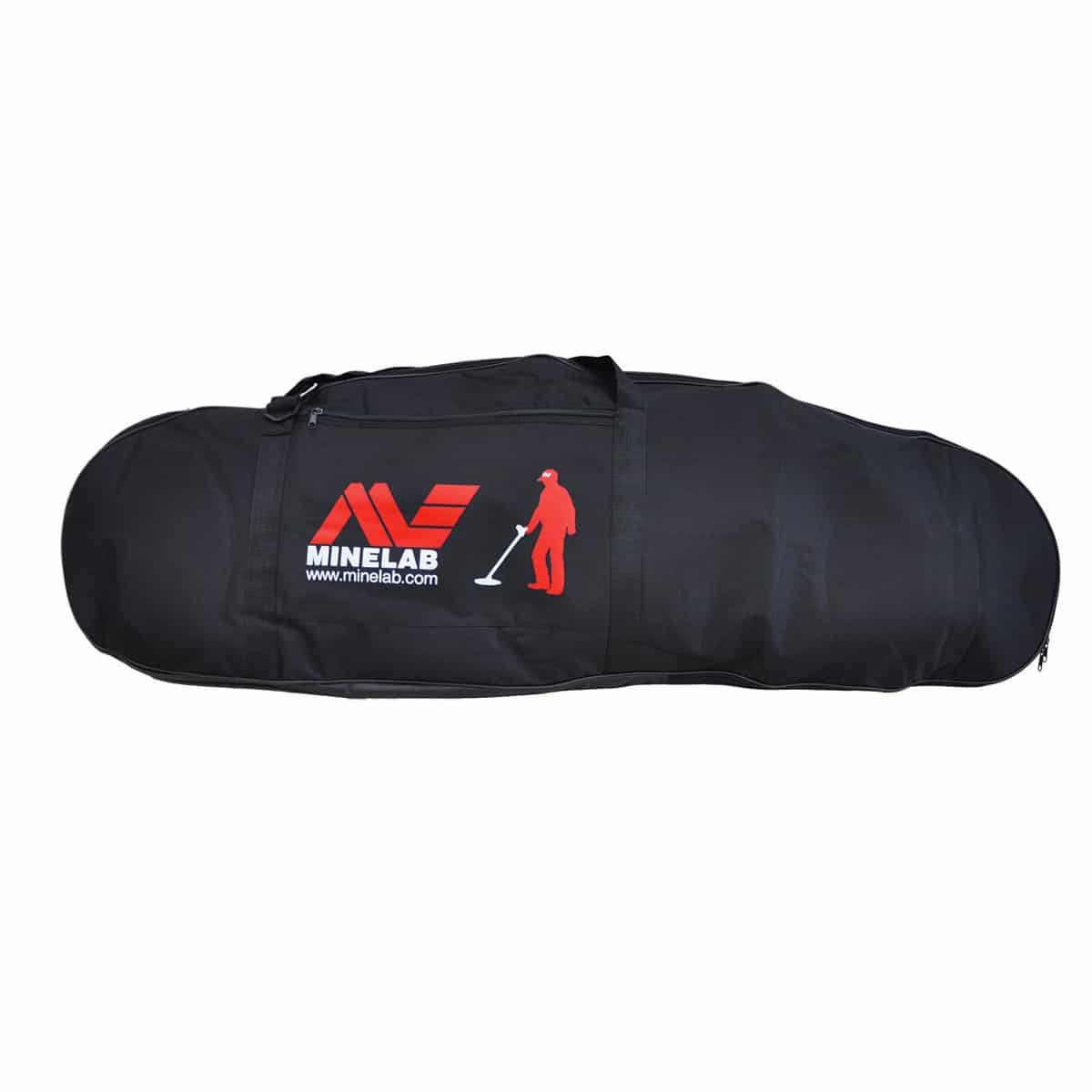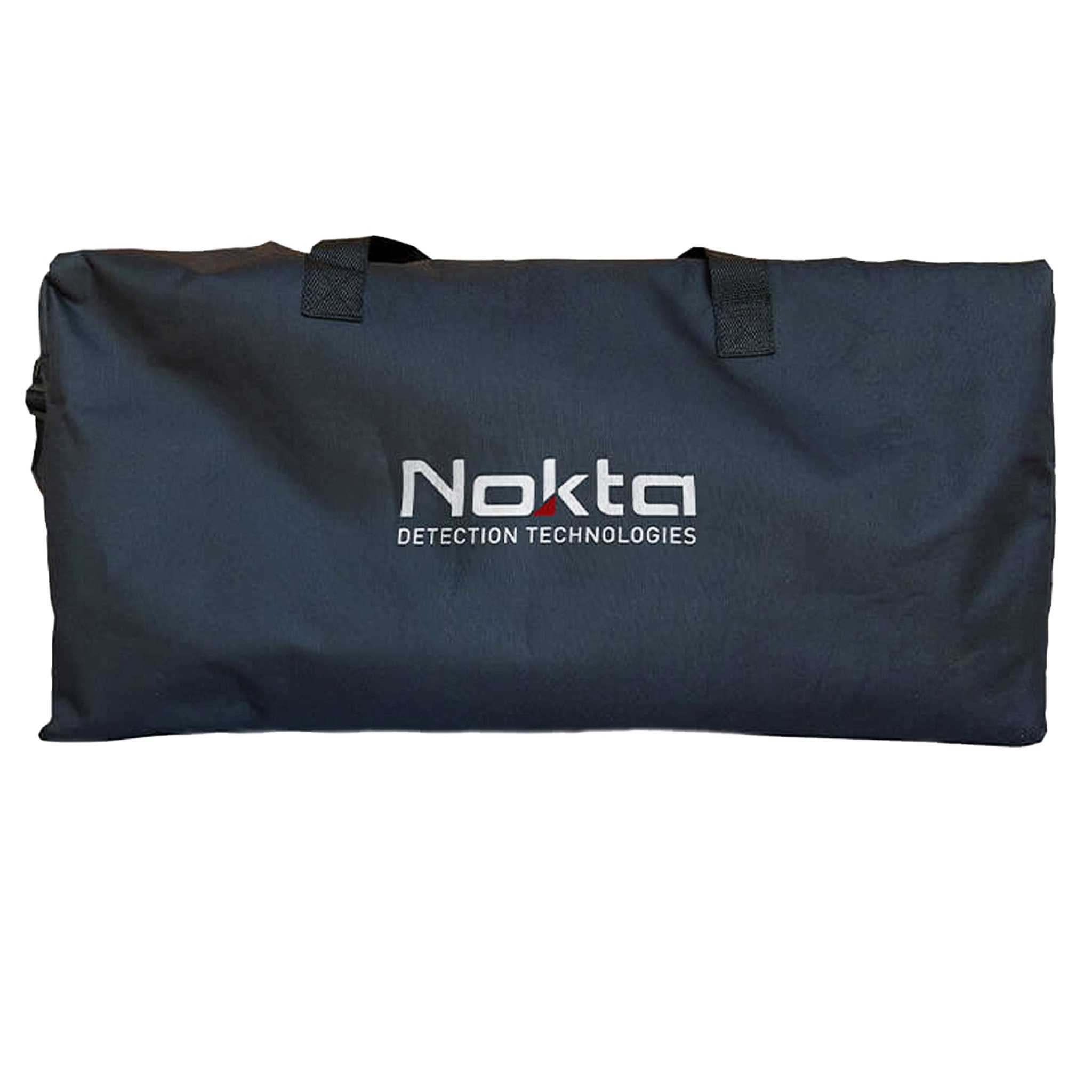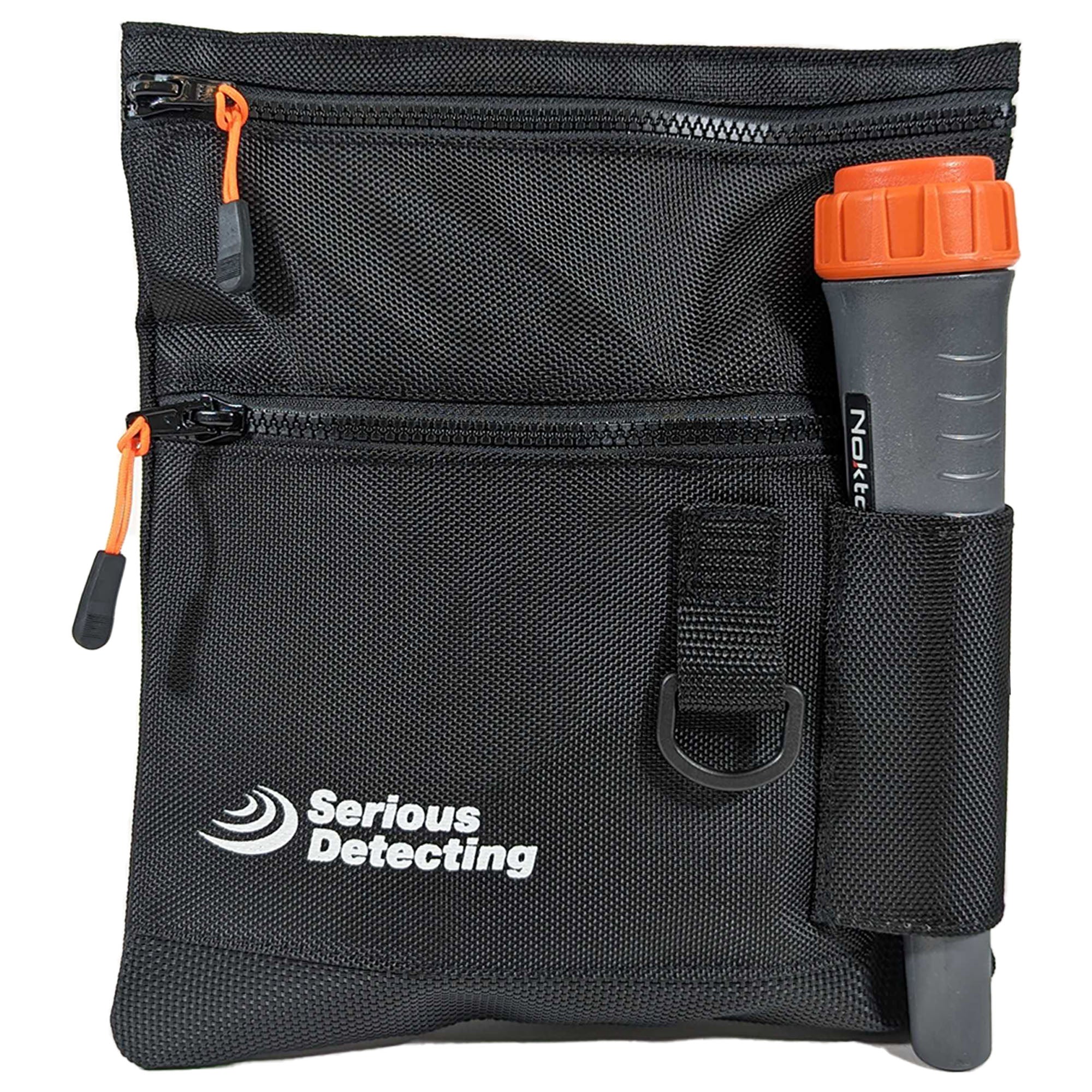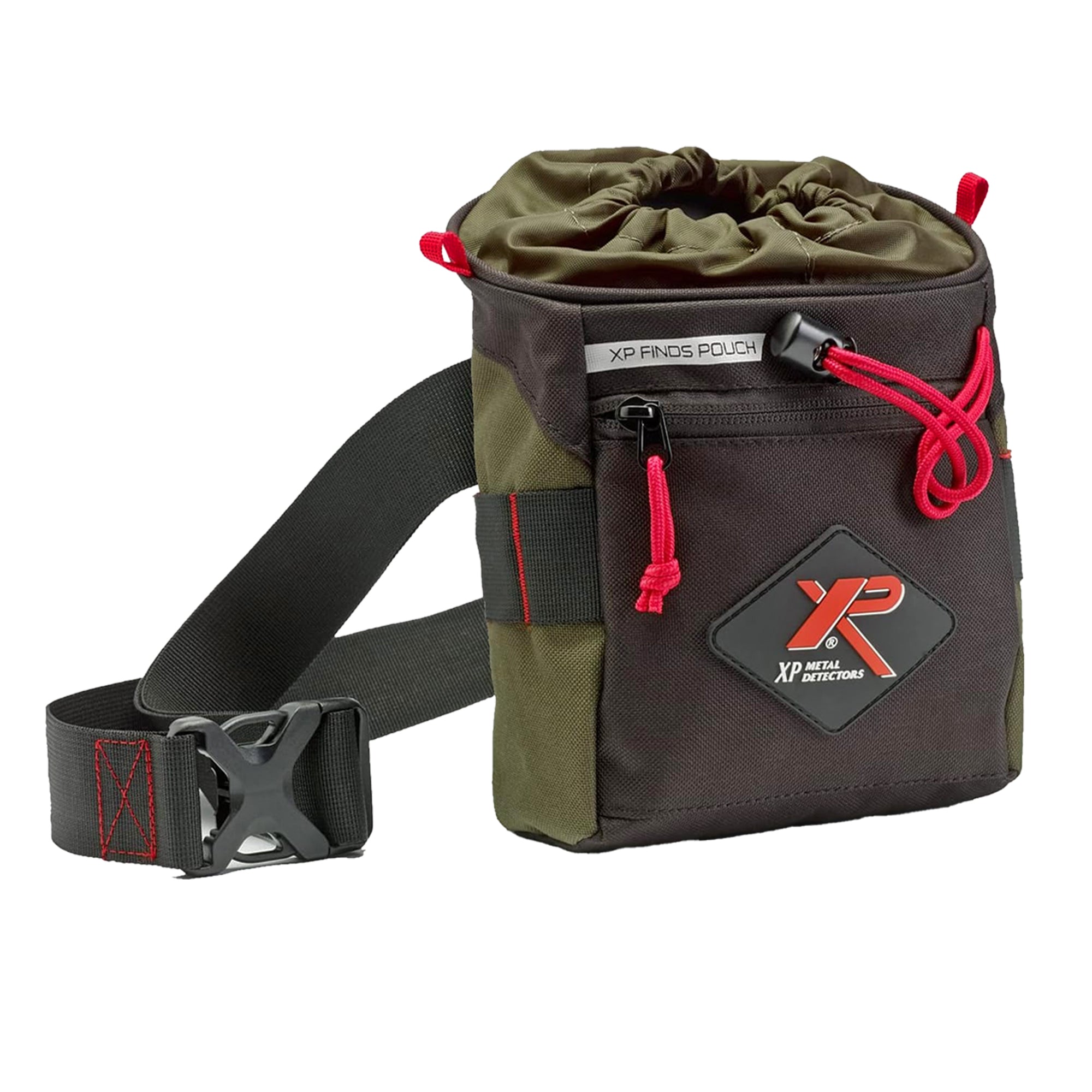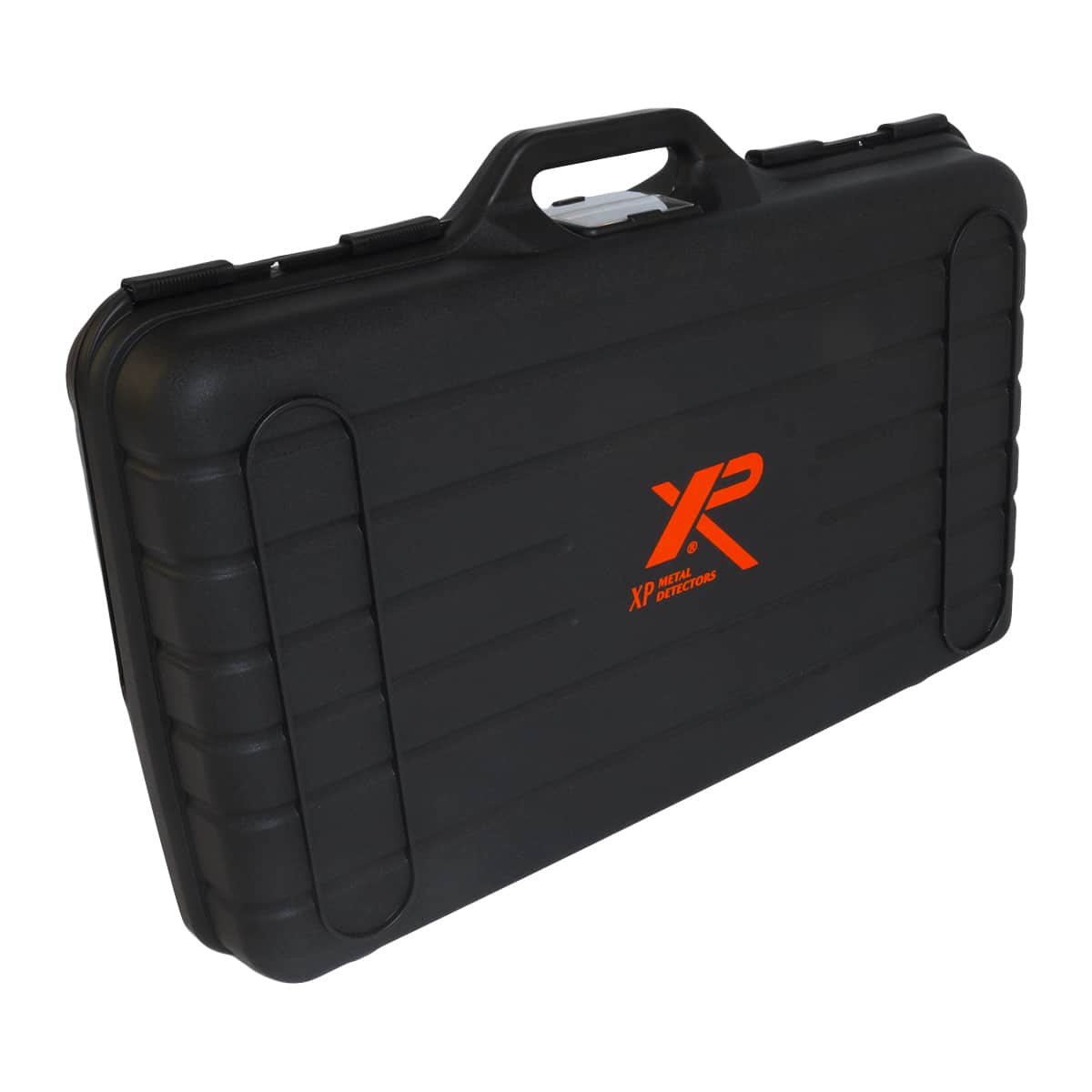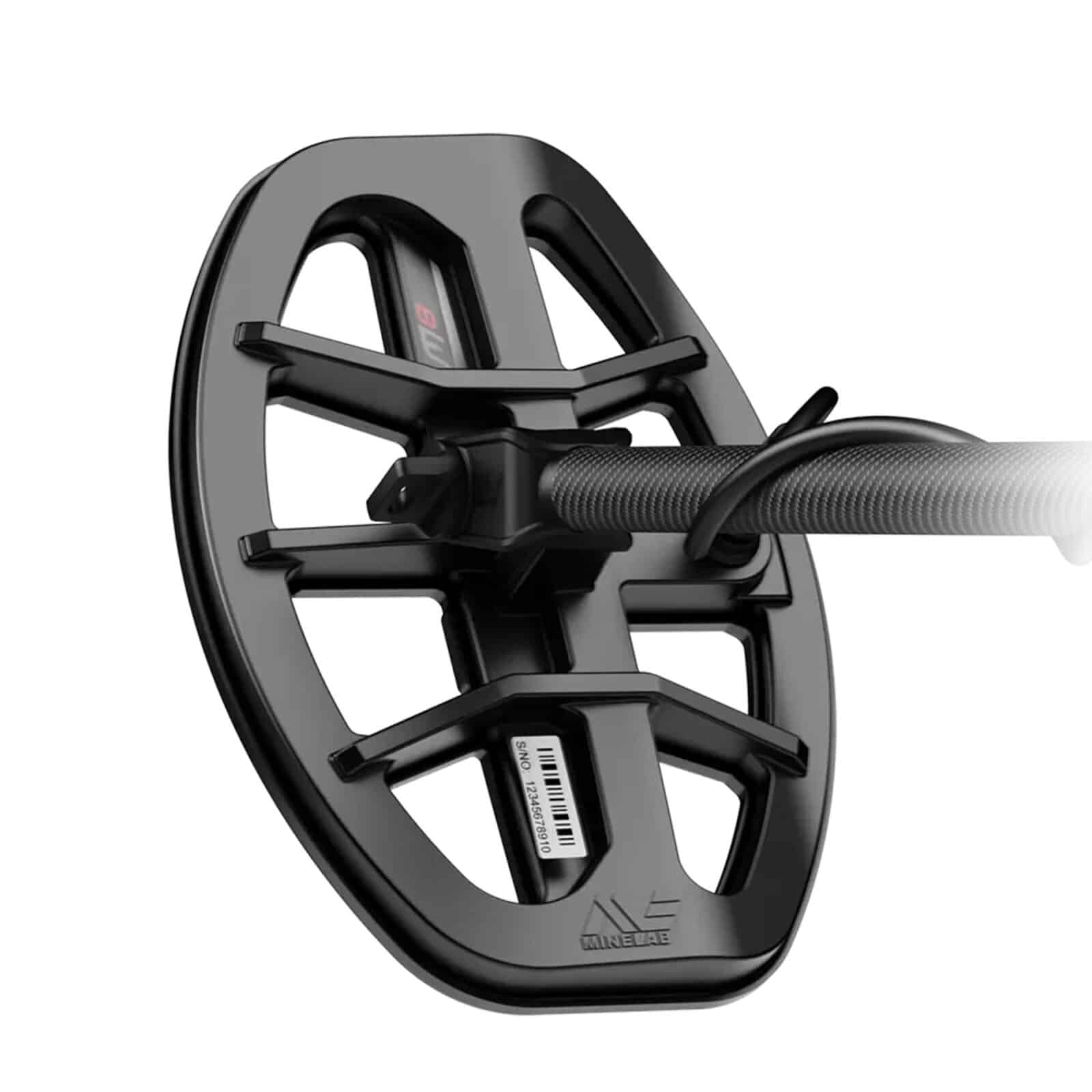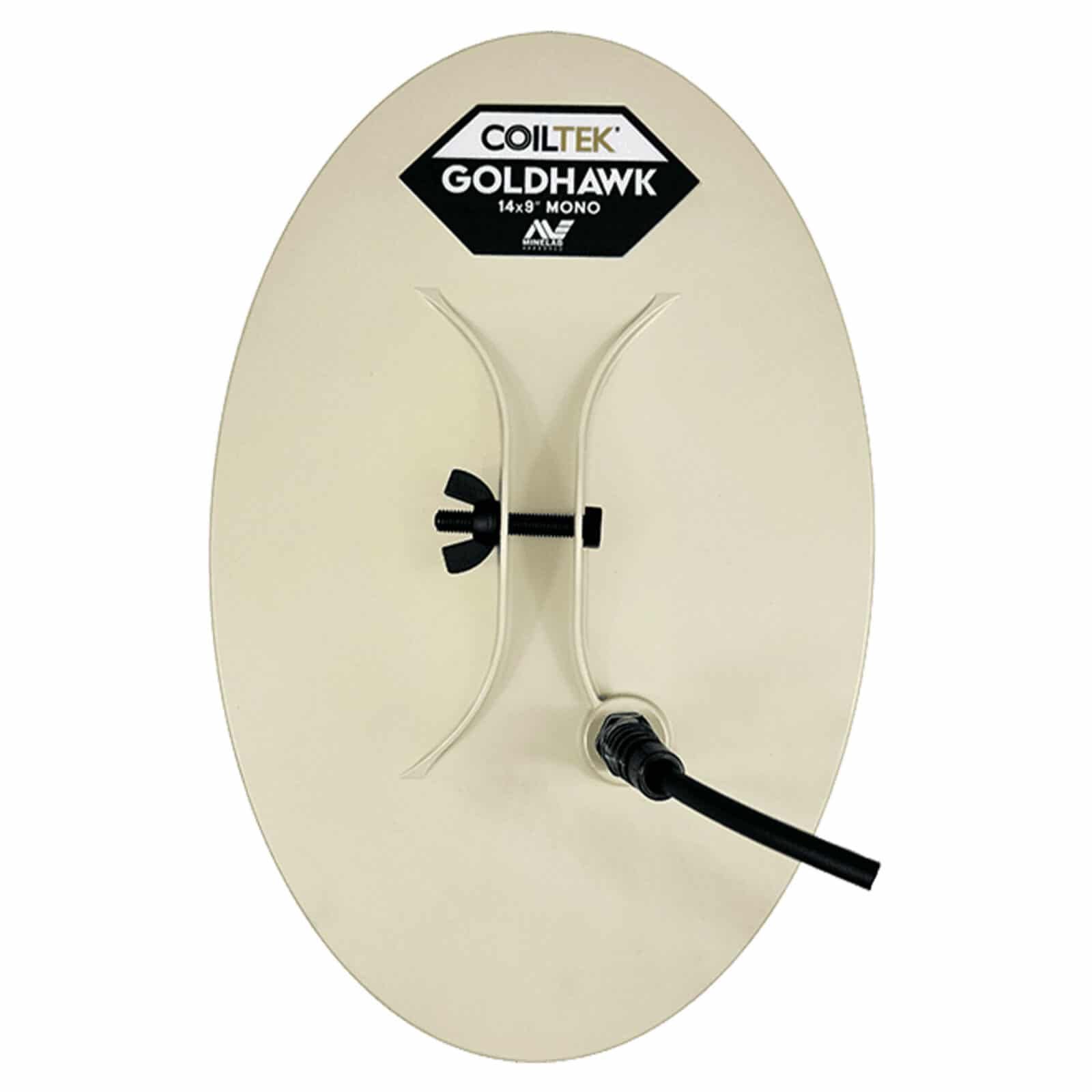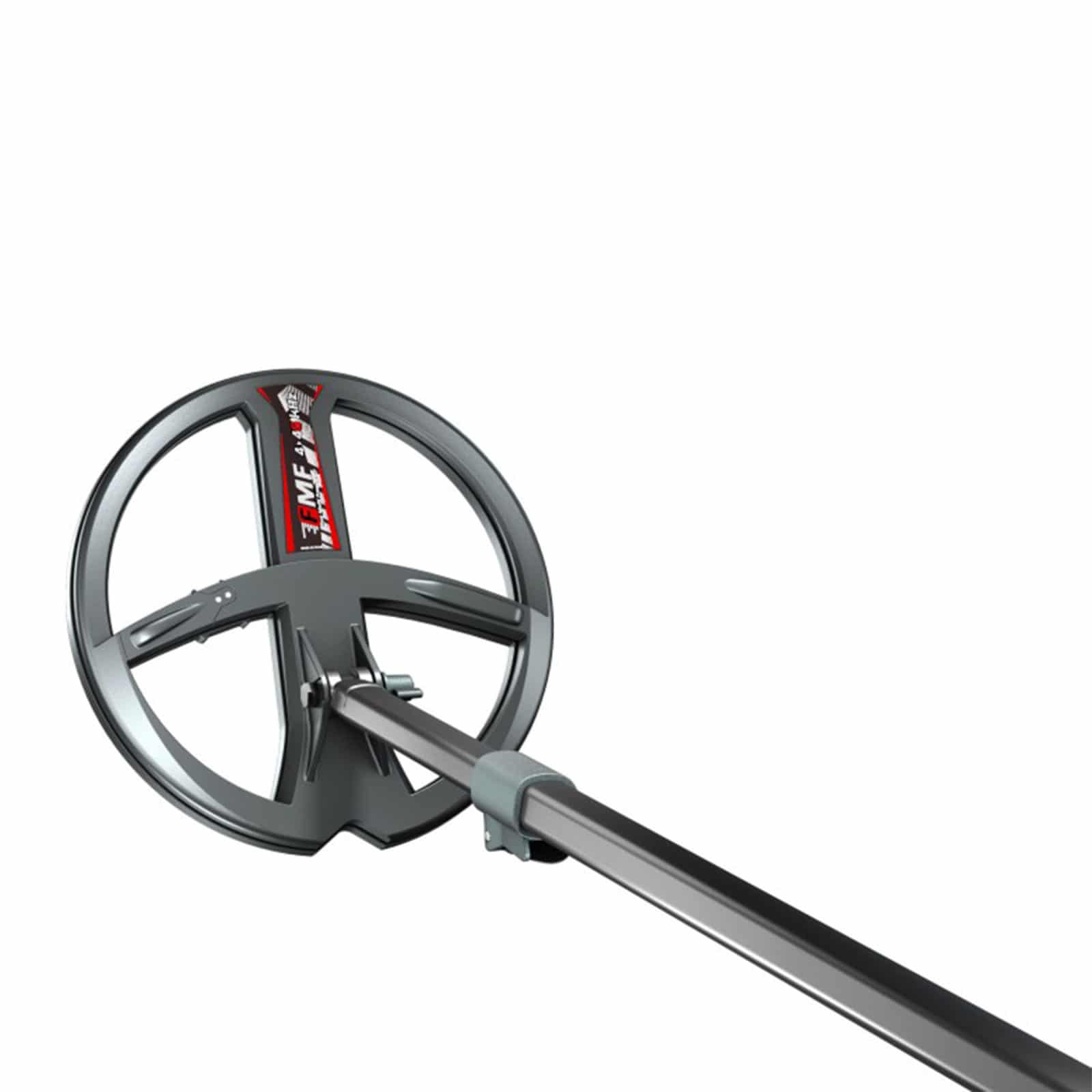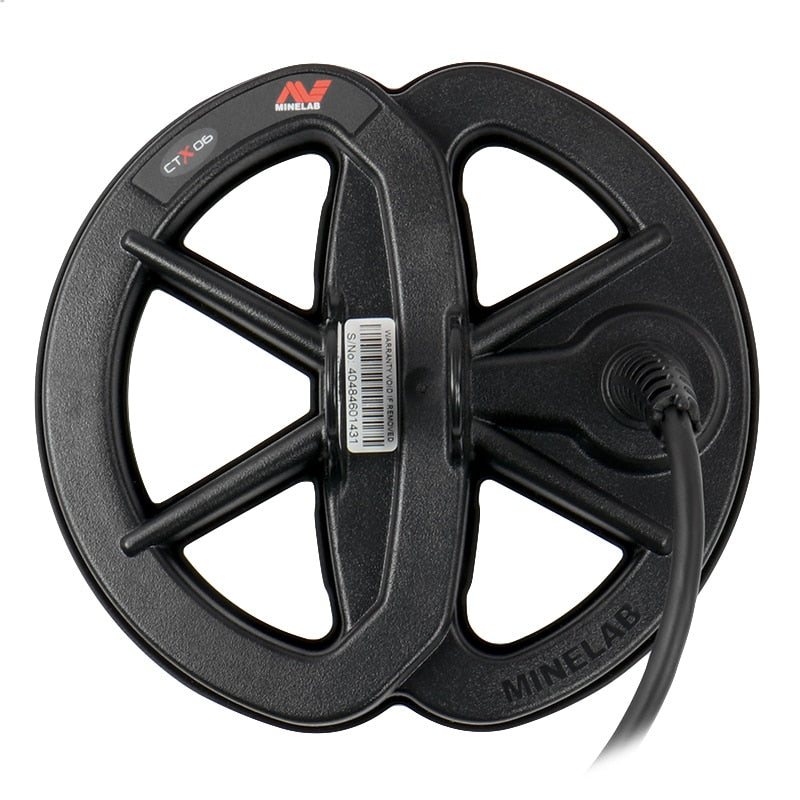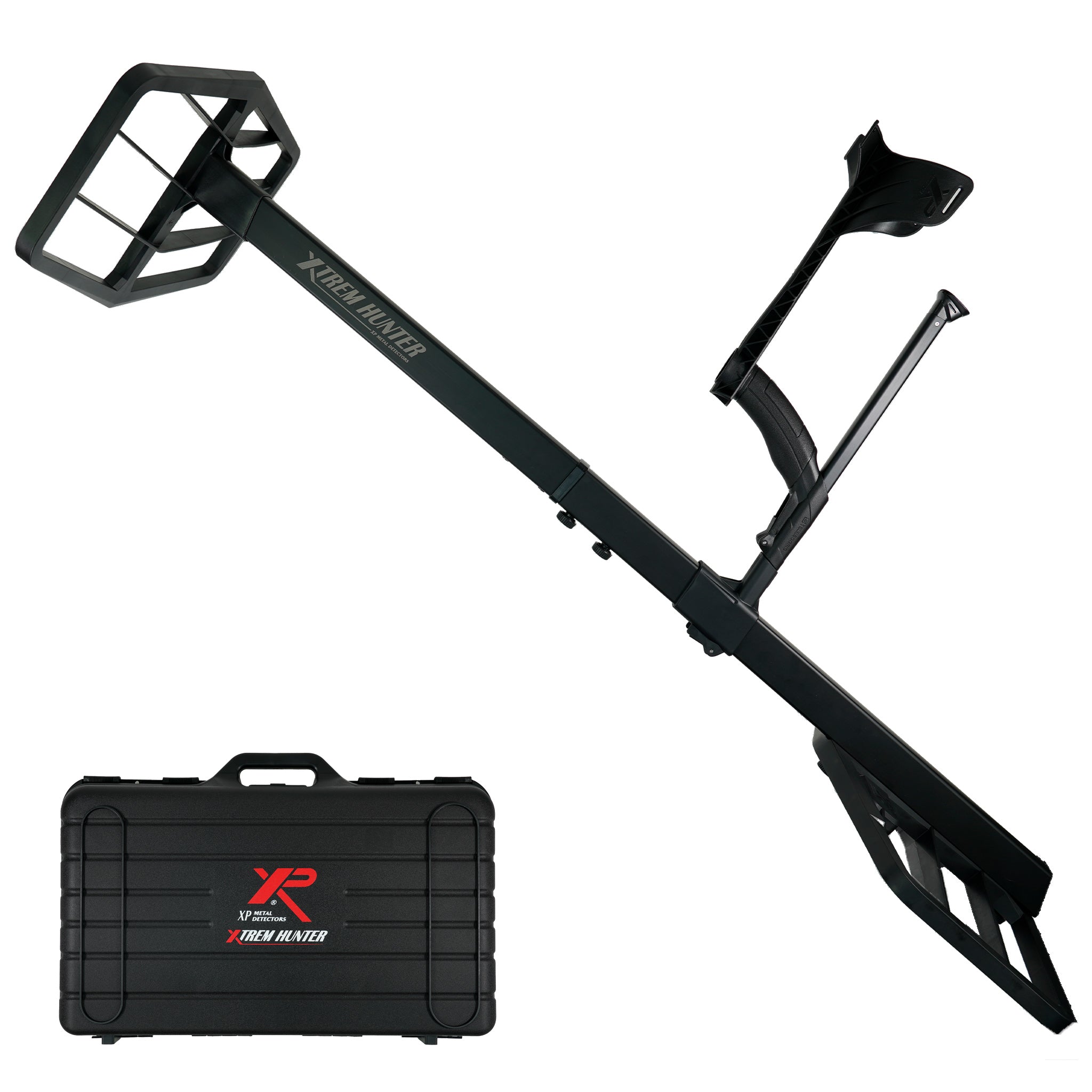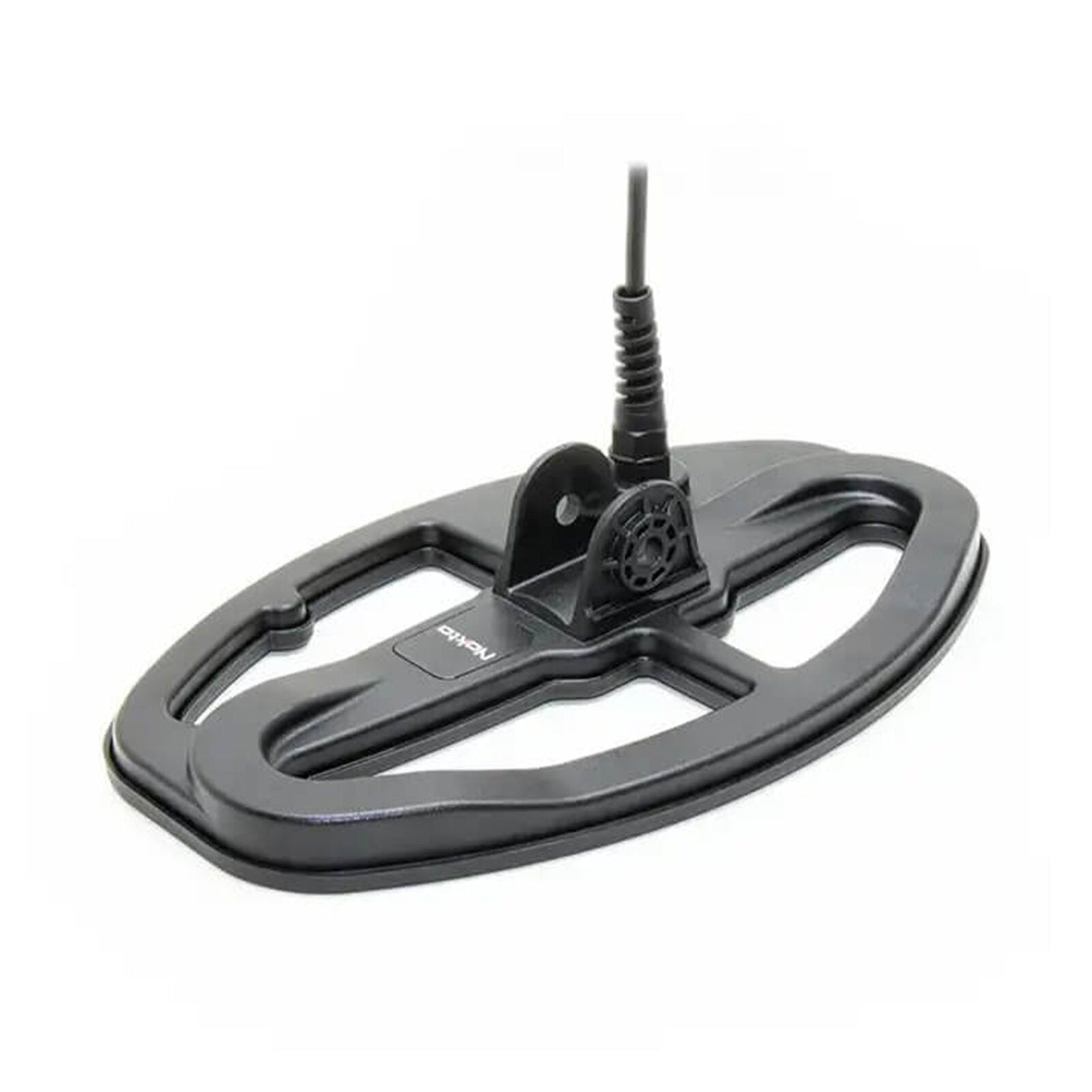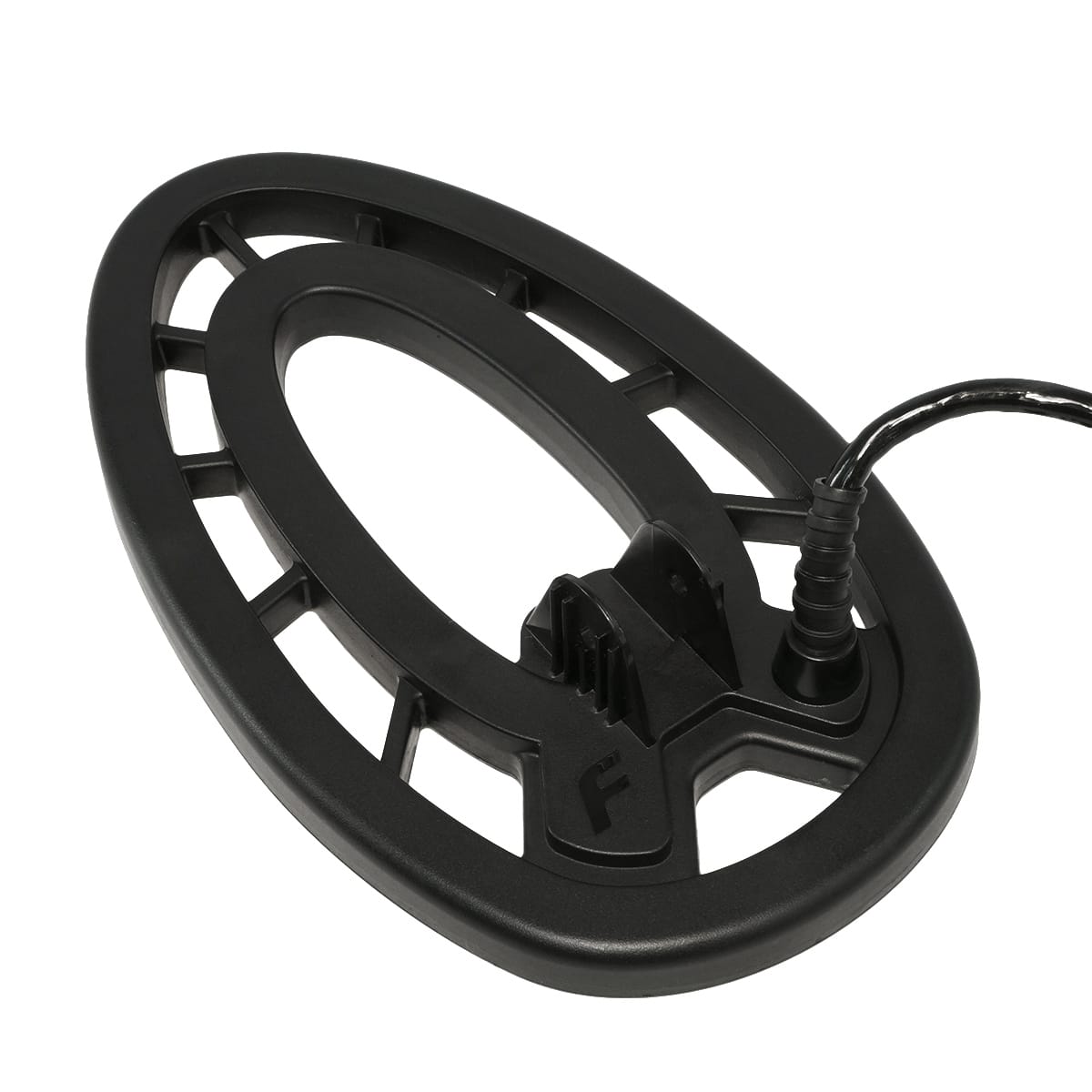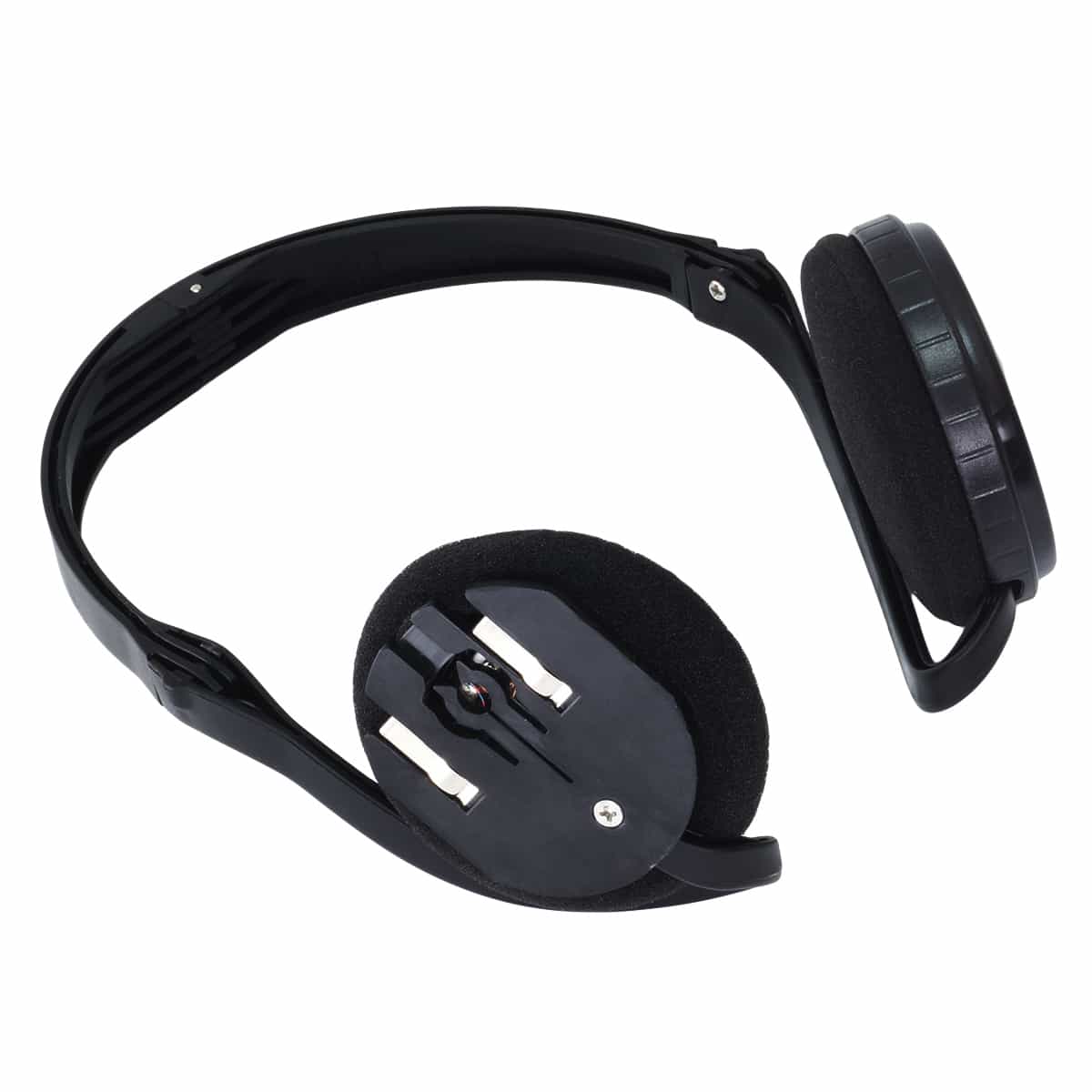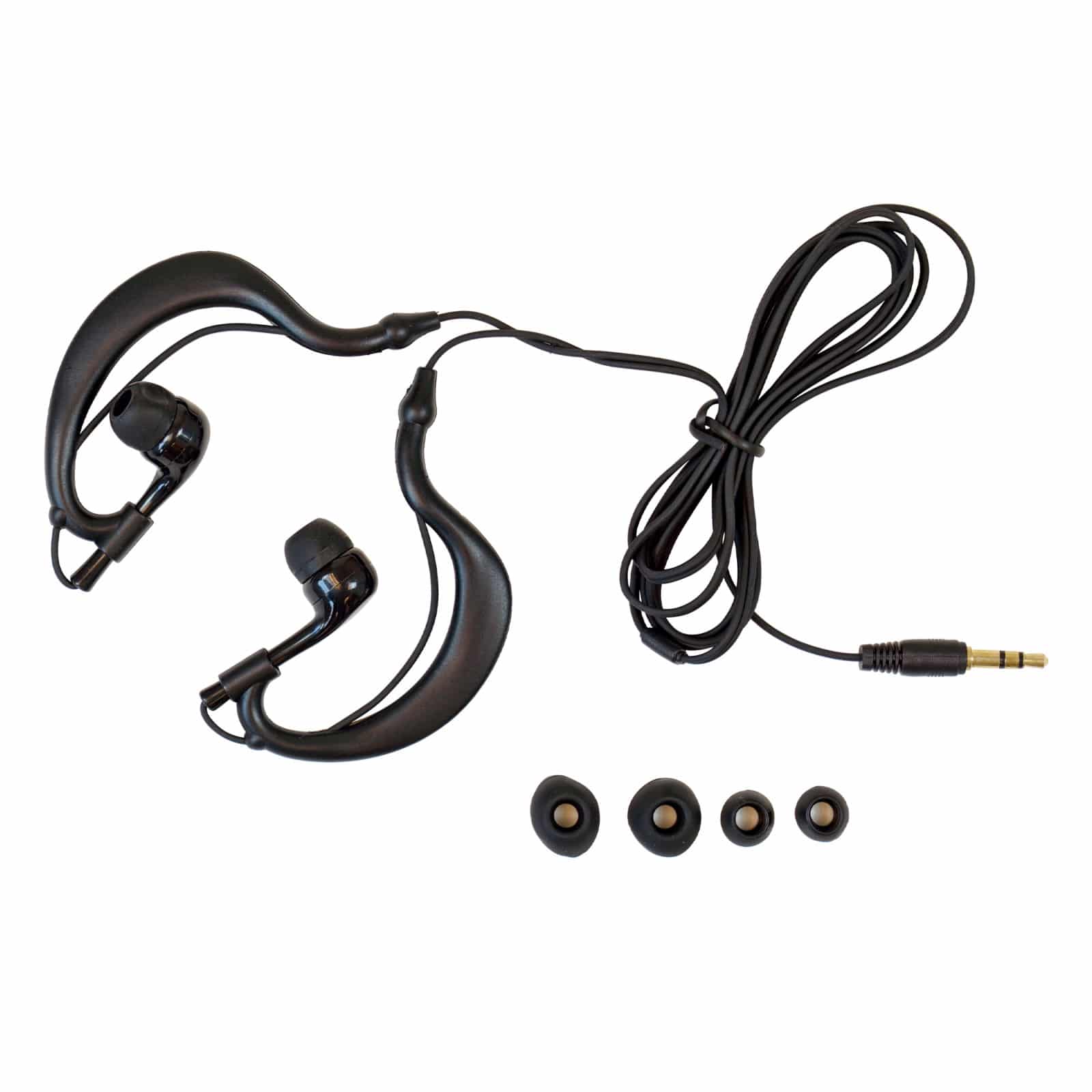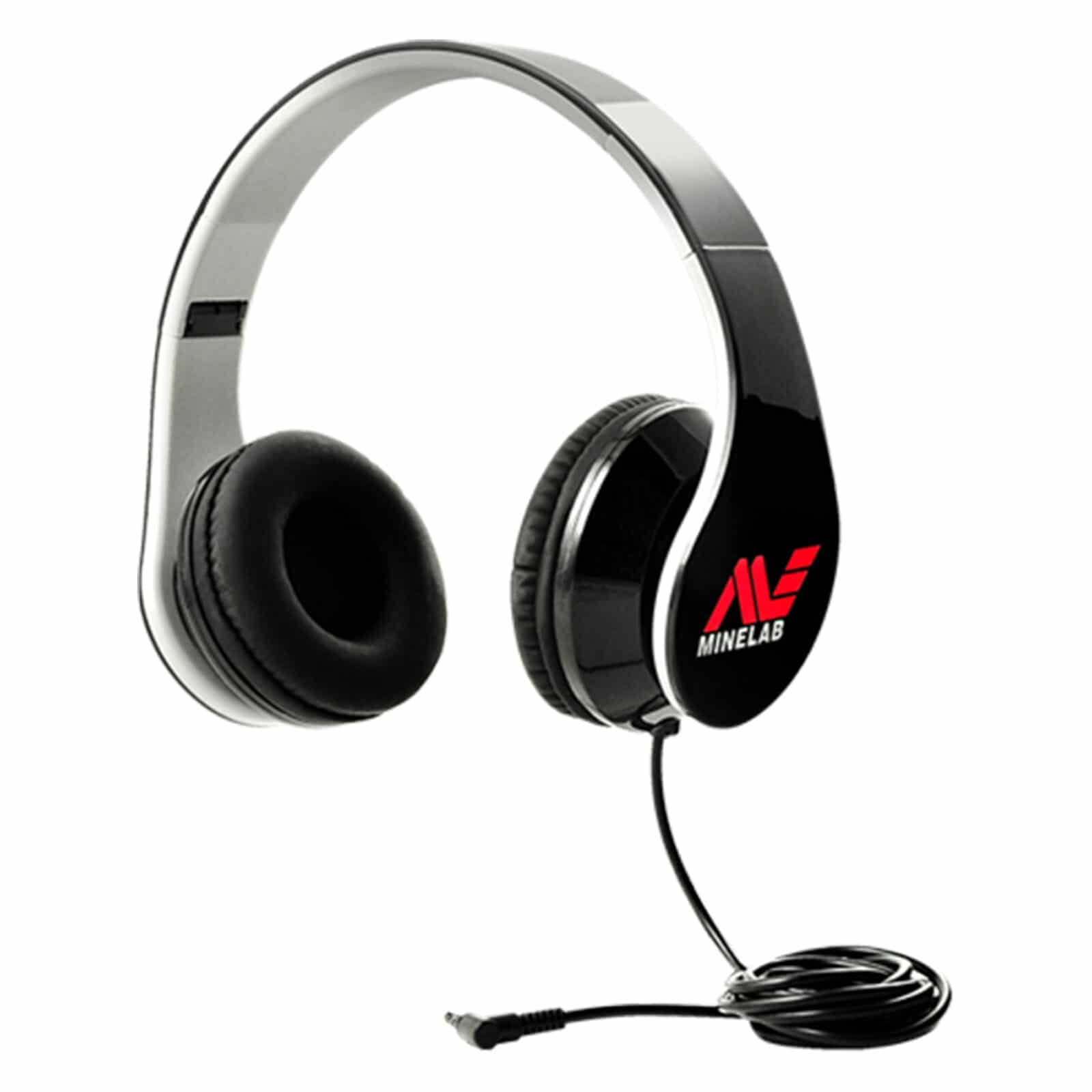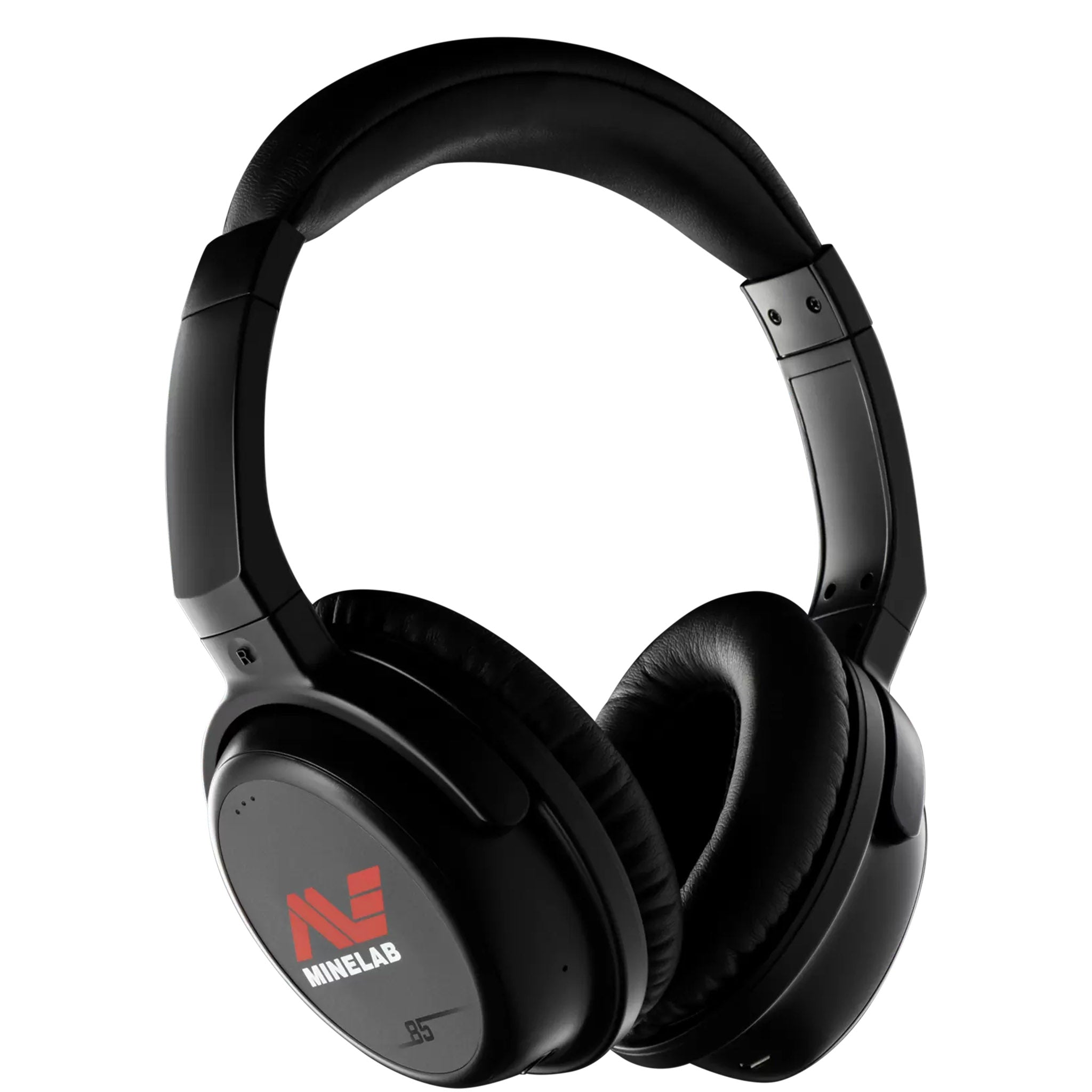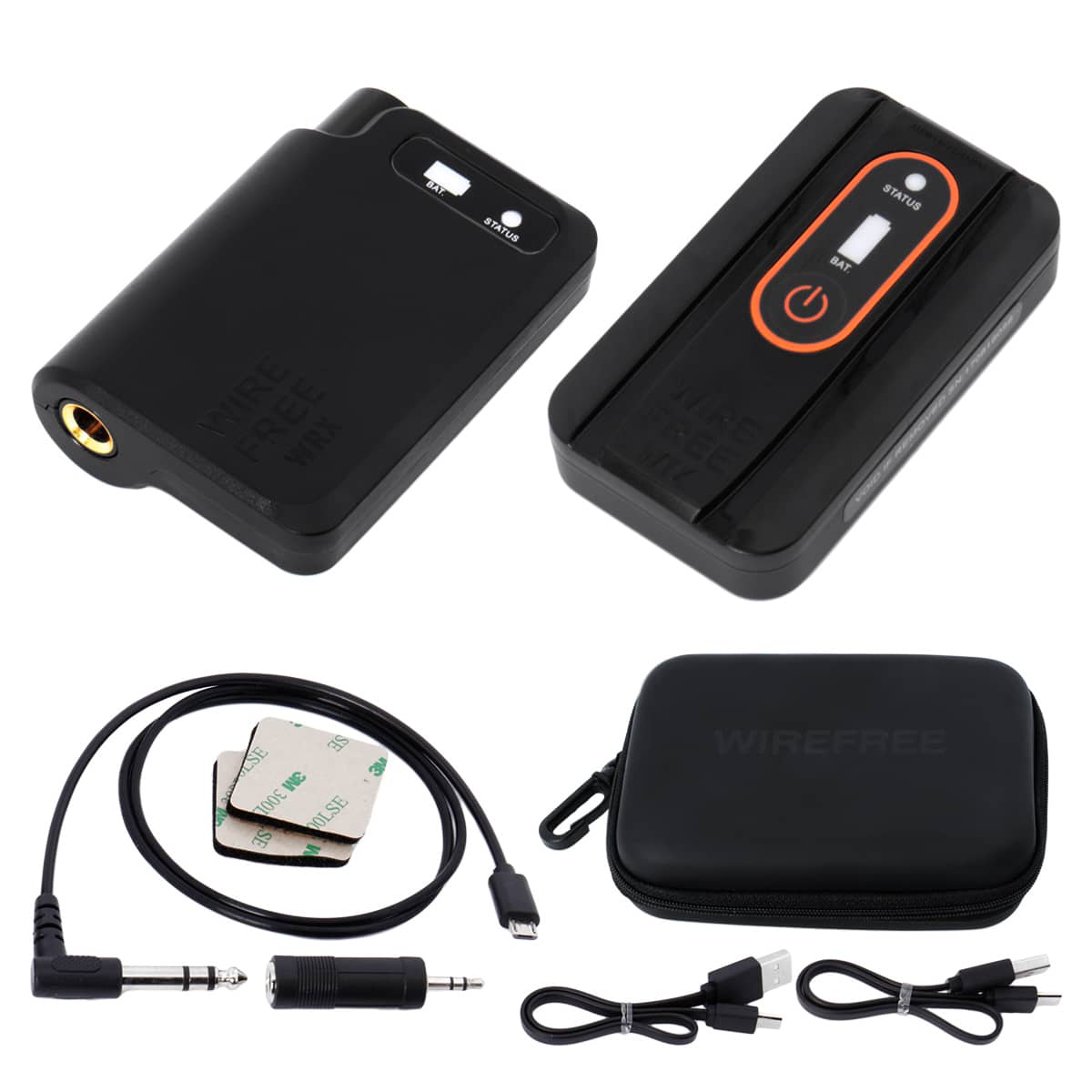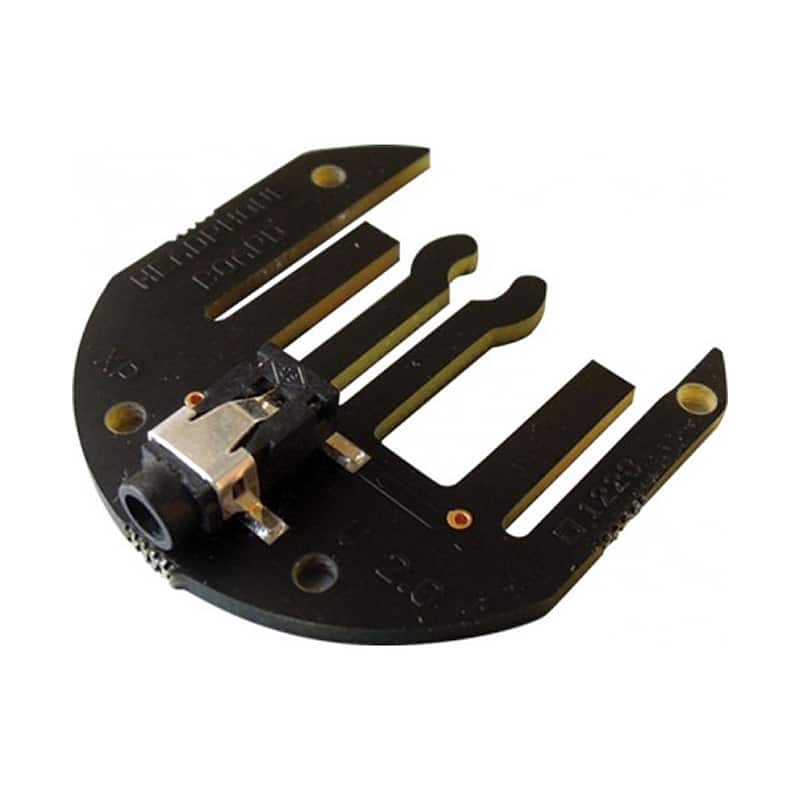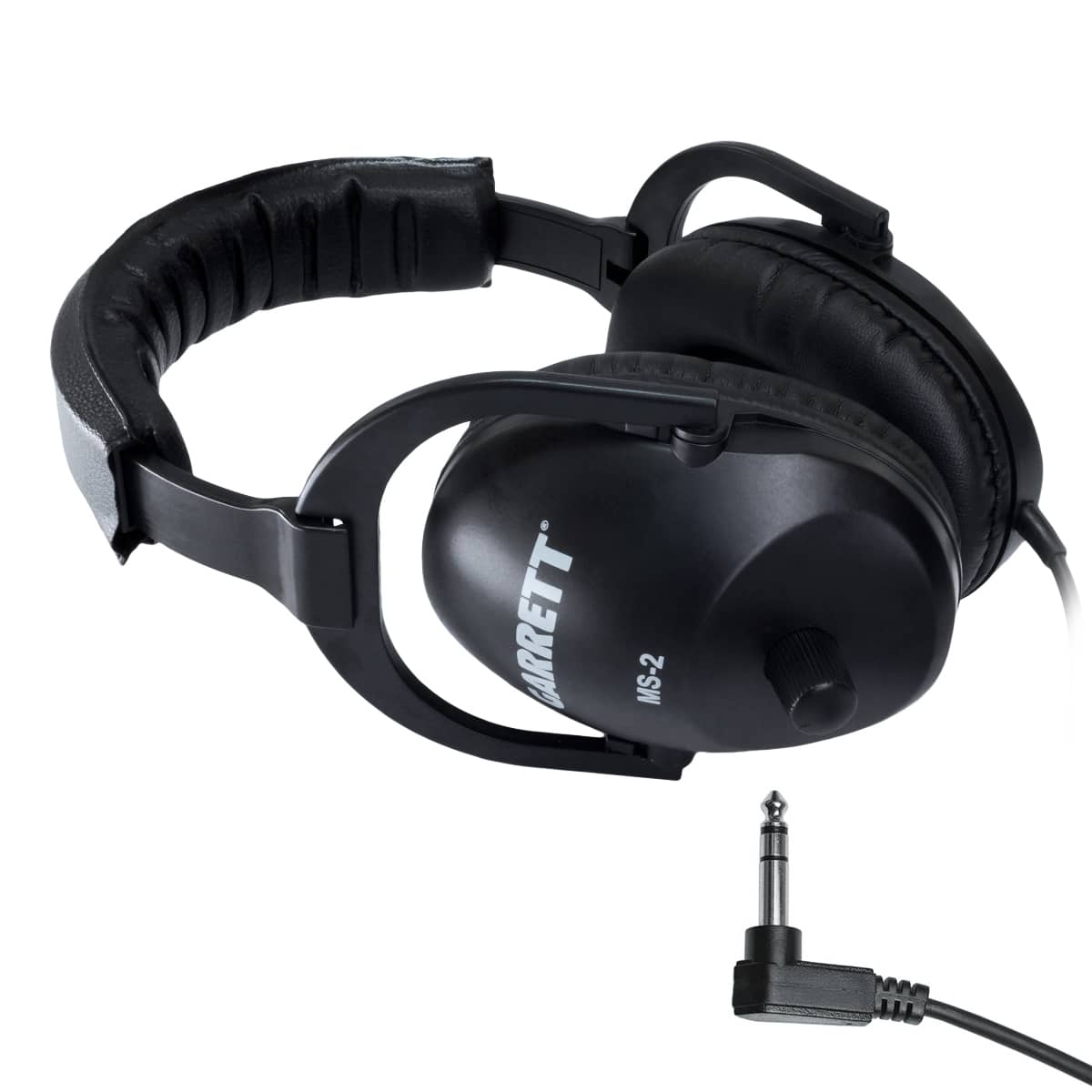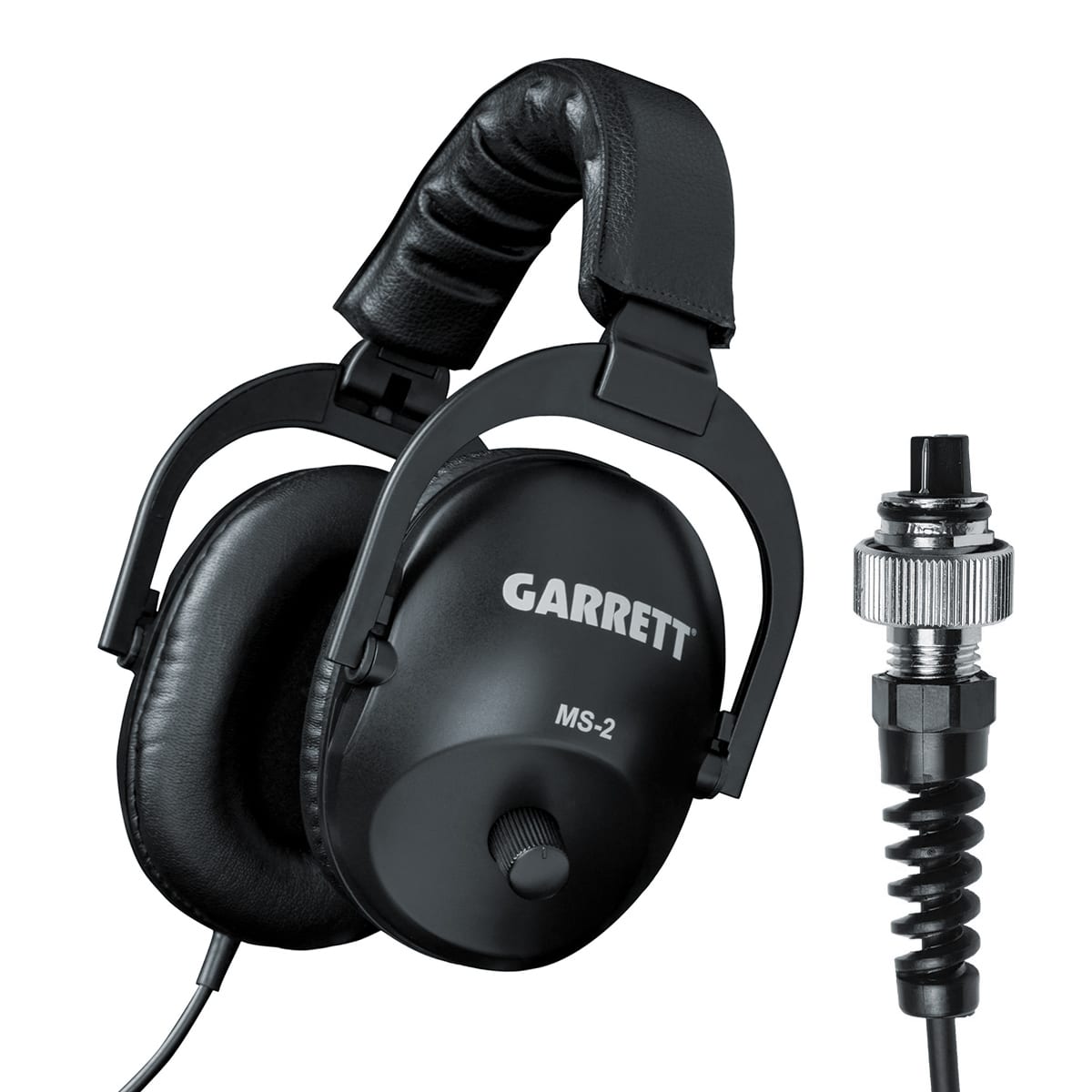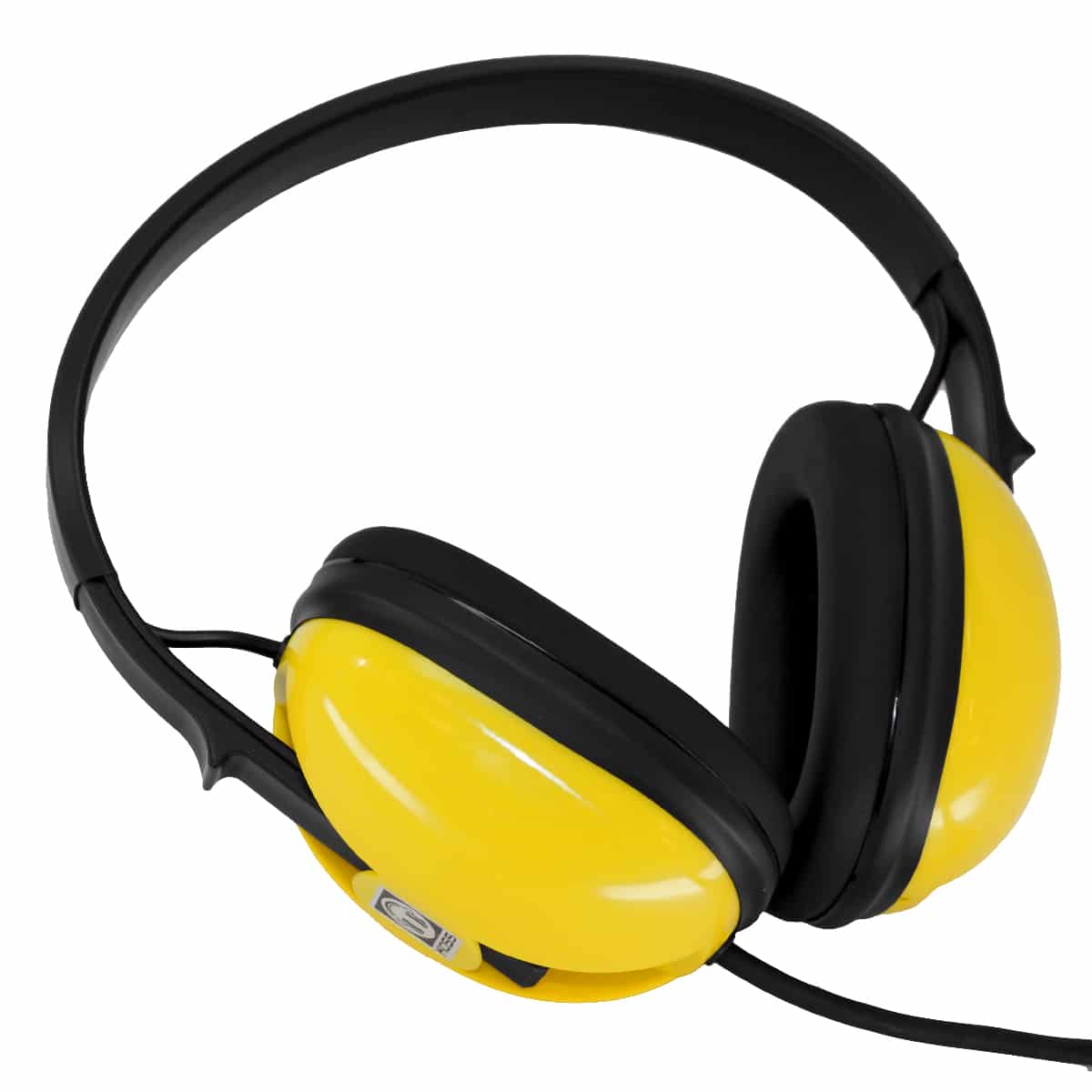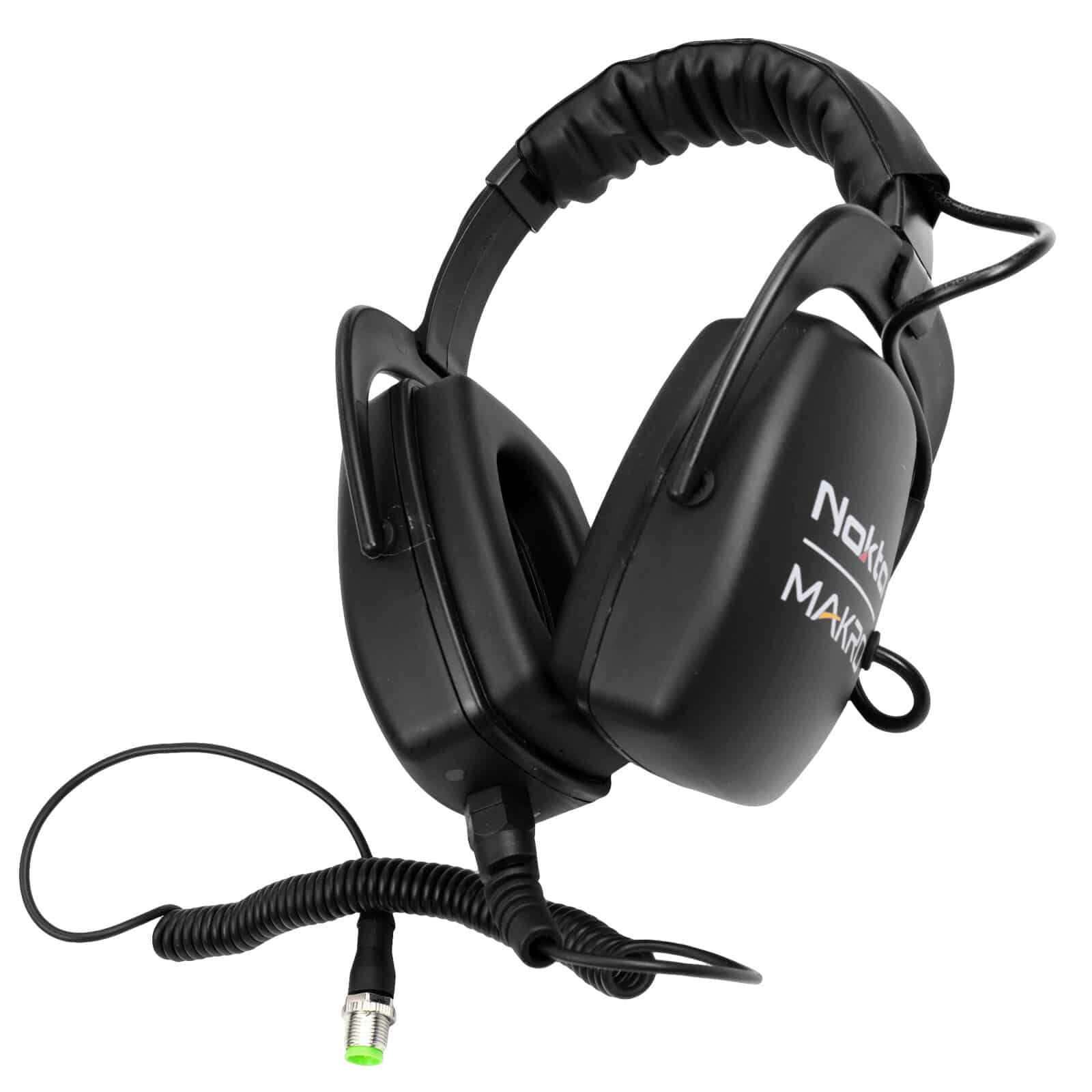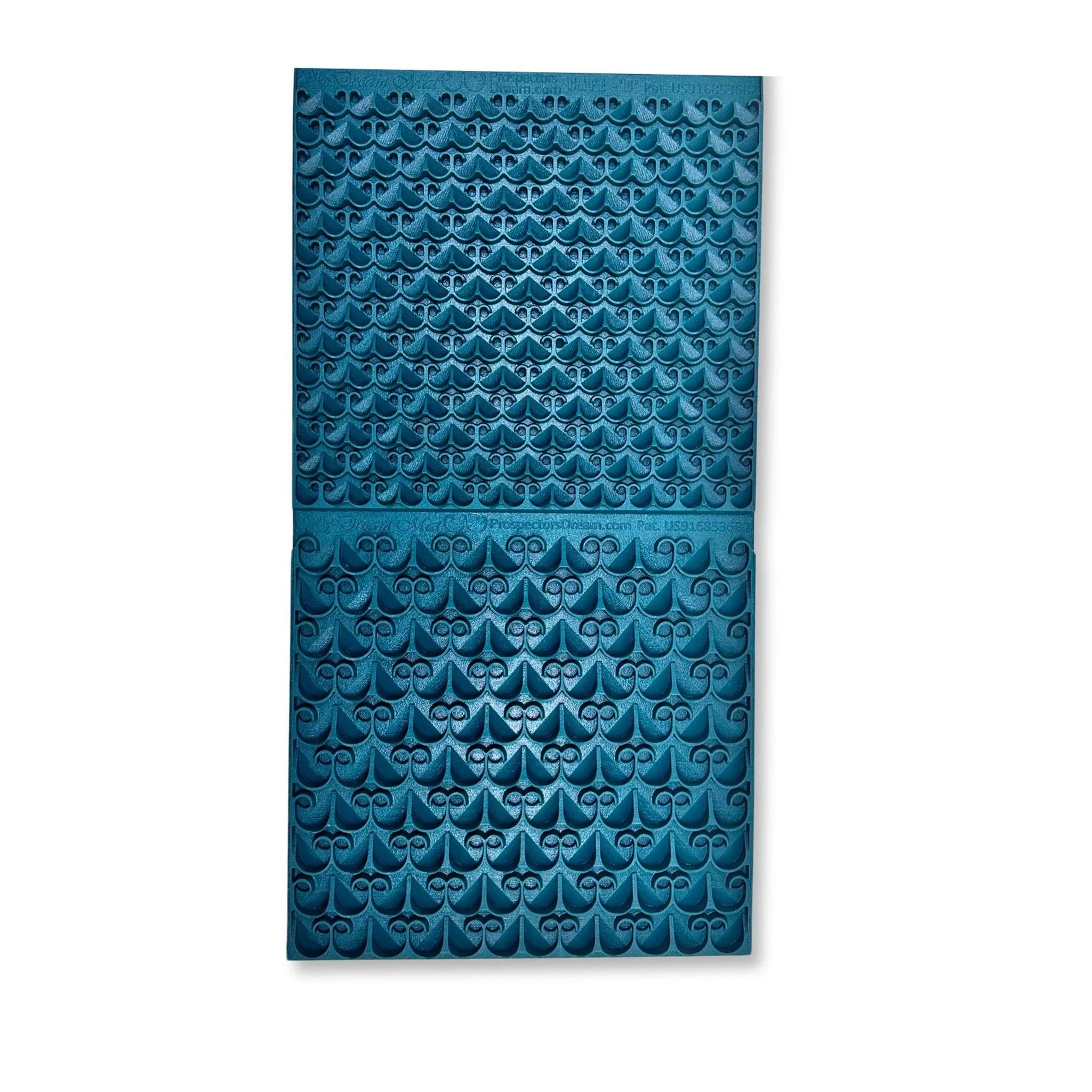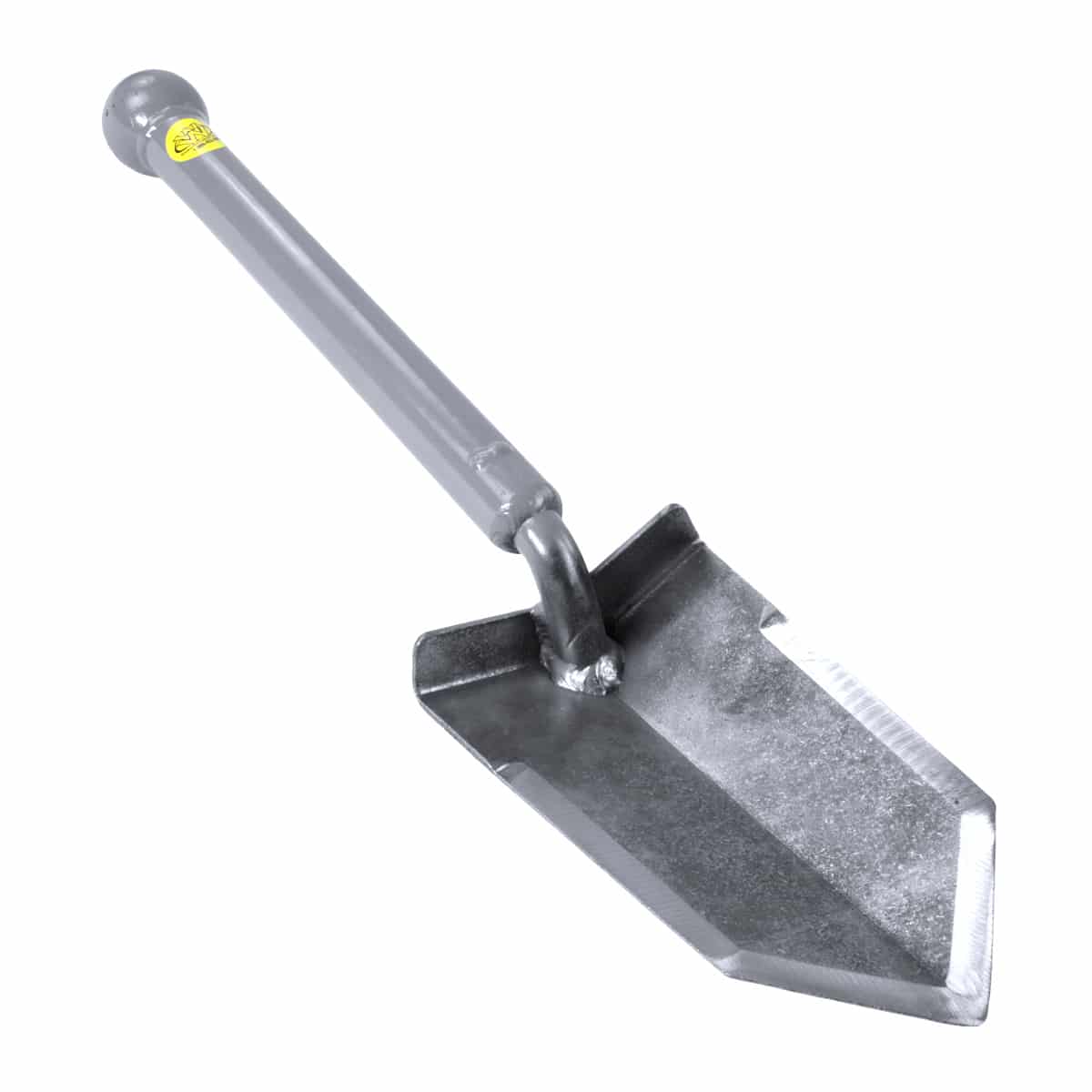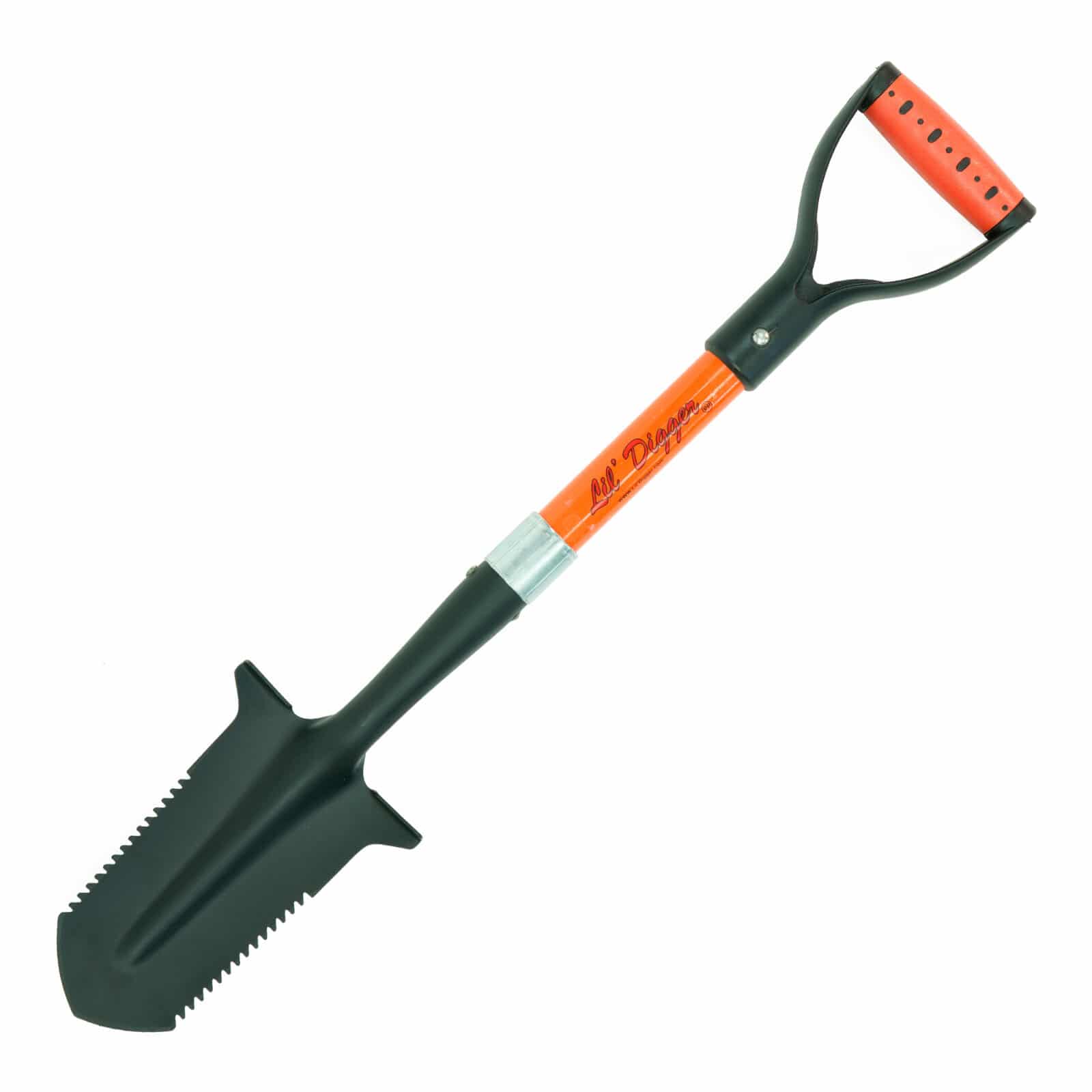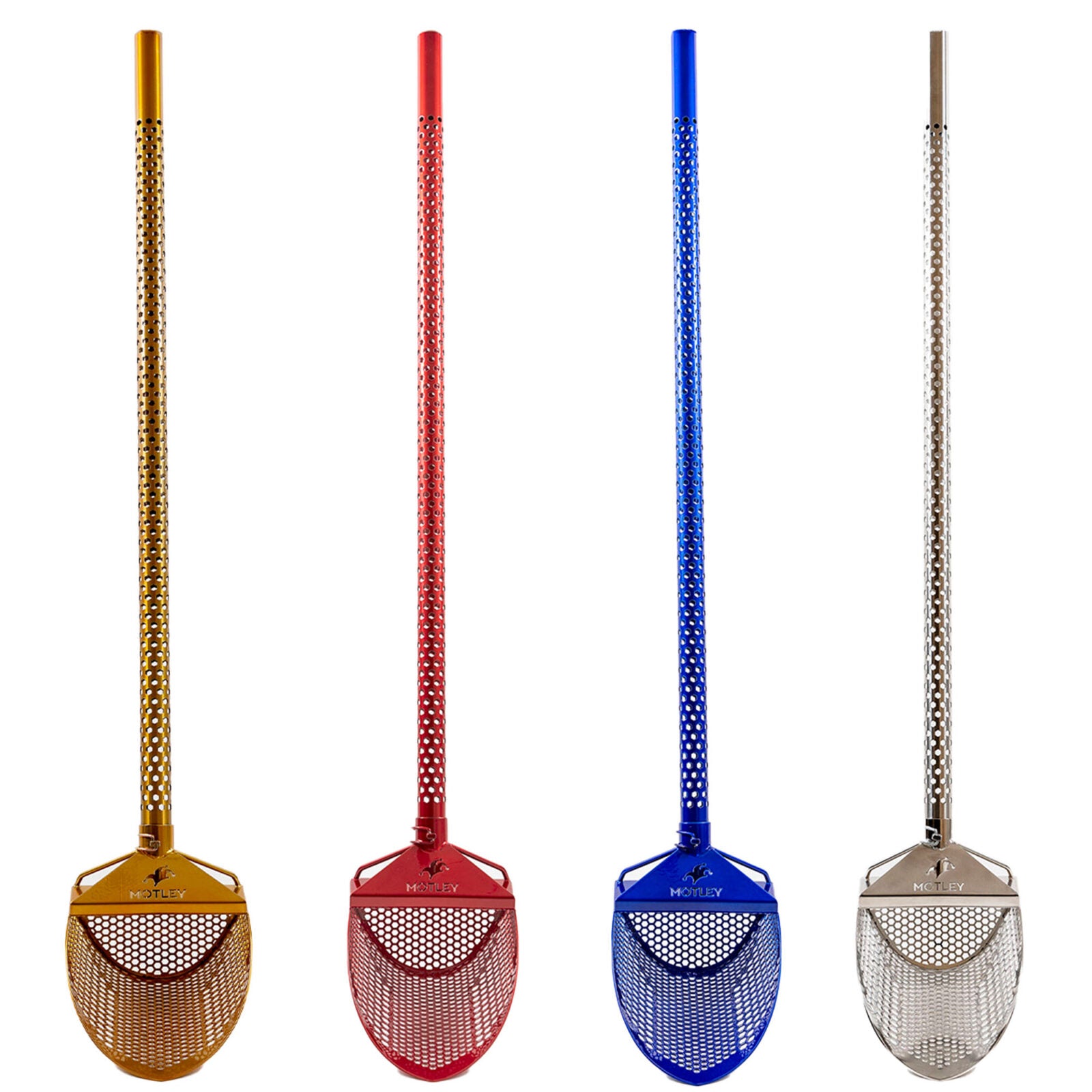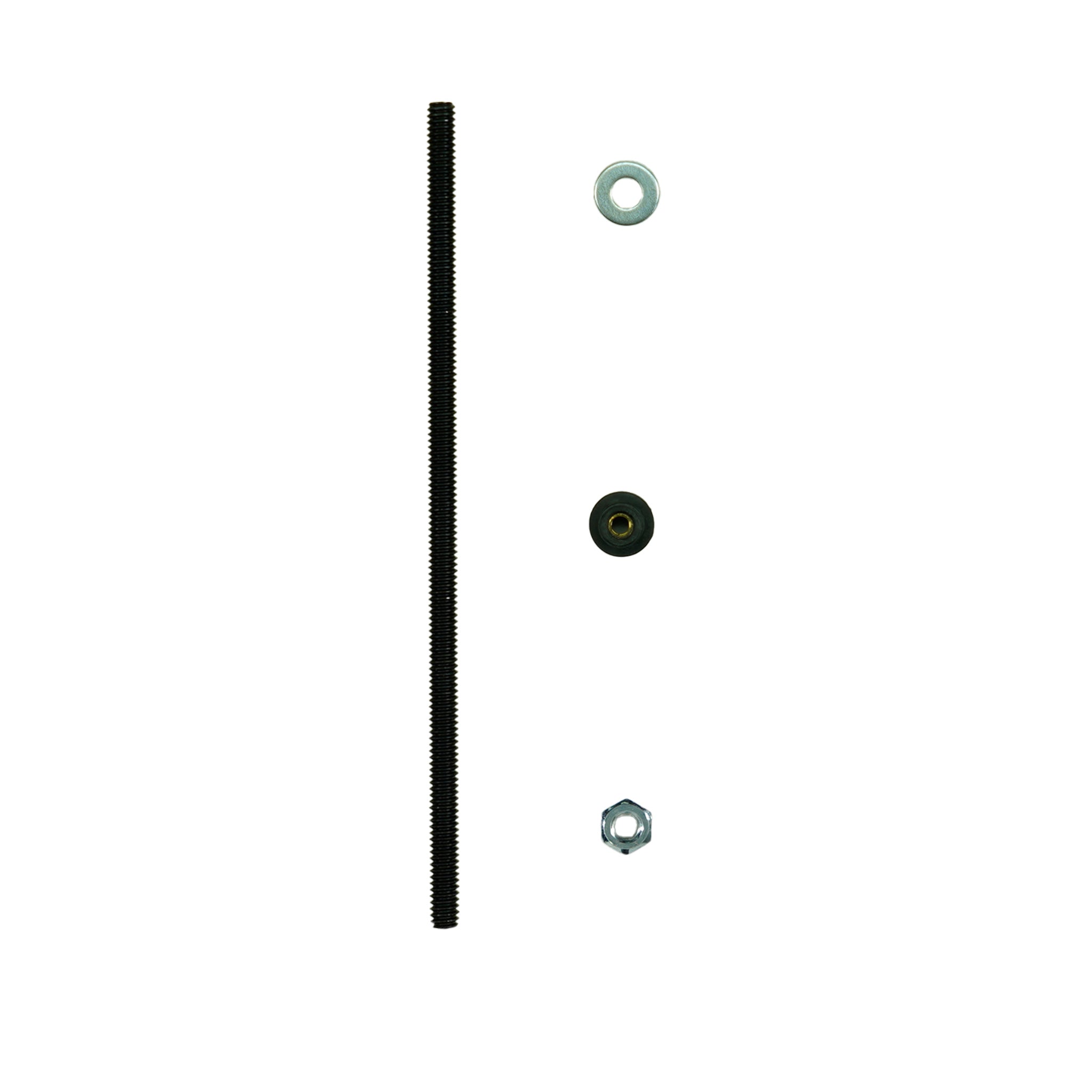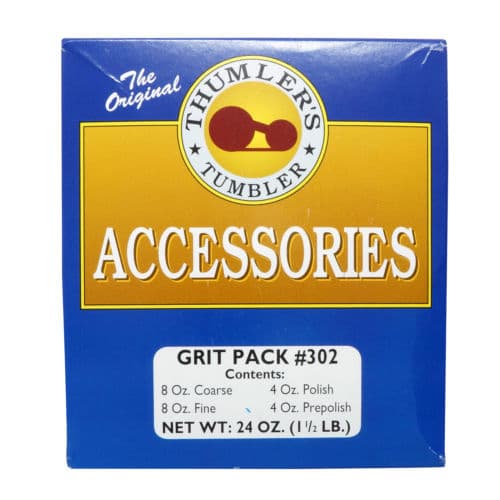The coil is an essential part of your metal detector, and we focus on giving our detectorists the opportunity to choose from a variety of options. But how does it work exactly? Why would the size make any difference if it’s a high quality coil?
When choosing a metal detector, one of the most critical components to consider is the coil. Coil size has a significant influence on the detector's performance in various environments, and understanding this relationship can greatly improve your detecting experience. Let’s explore how coil size affects detection depth, target sensitivity, and usability, helping you make the best decision based on your detecting goals.
Detection Depth: Bigger Coils for Greater Reach
The size of the coil directly affects how deep a metal detector can penetrate the ground. Larger coils, typically measuring over 12 inches, can detect targets at greater depths, making them ideal for searching in areas where valuable items may be buried deeper. This is especially useful for relic hunters or those searching in fields and beaches, where depth can make a substantial difference. However, larger coils might struggle with highly mineralized soils, as they pick up more ground signals, potentially masking targets.
Target Sensitivity: Smaller Coils for Precision
While large coils excel at depth, smaller coils (usually 5 to 8 inches in diameter) offer greater sensitivity to smaller targets. They are particularly effective in environments where precision is crucial, such as trashy areas littered with iron or other debris. A small coil allows for better separation of close targets, helping to isolate valuable finds from unwanted signals. For example, if you’re searching in a park with a lot of metallic trash, a smaller coil will help you find coins and jewelry that might otherwise be missed with a larger coil.
Usability: Balancing Size with Comfort
When it comes to usability, the size of the coil also affects the weight of the detector and how easy it is to maneuver. Larger coils are heavier and can cause fatigue over long detecting sessions, while smaller coils are lighter and more agile, making them perfect for detecting in tighter spaces like rocky areas or dense woods. Depending on the type of terrain you're navigating, the right coil size can enhance your overall comfort and efficiency while detecting.
Choosing the Right Coil for Your Detecting Goals
Ultimately, the best coil size depends on your detecting goals. If you’re hunting for larger, deeper targets like relics or artifacts, a larger coil may be the best choice. If you’re searching for smaller, shallow items like coins or jewelry, or you need to navigate challenging environments with lots of trash or uneven ground, a smaller coil will likely give you better results.
Whether you're seeking depth, precision, or ease of use, understanding the importance of coil size will help you optimize your metal detecting experience and increase your chances of success in the field.

